The following content may contain affiliate links. When you click and shop the links, we receive a commission.
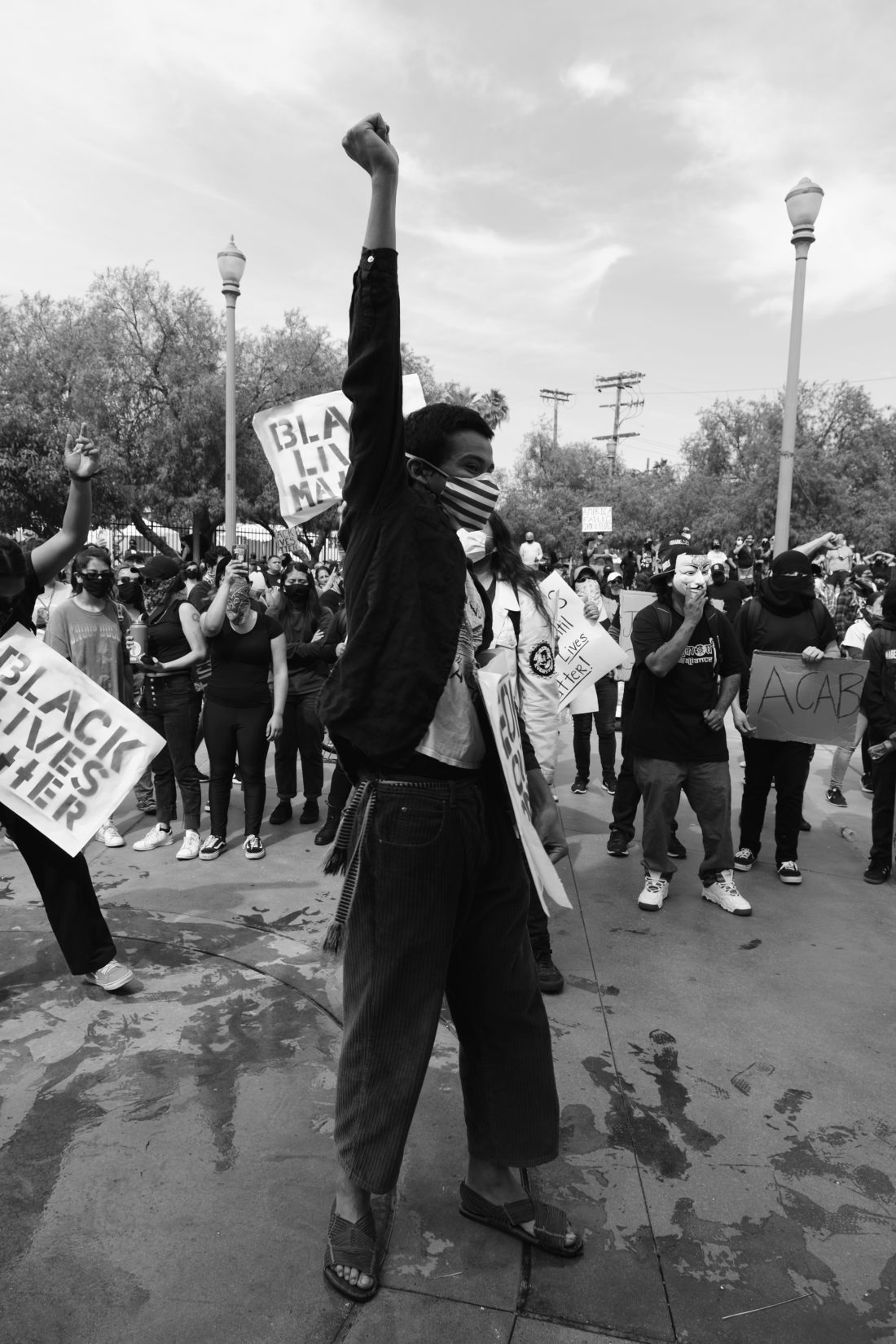
When I started researching resources for this blog post last week, I was under the misguided assumption I was already a White Ally. I thought because I simply wasn’t a racist person, and because I had shared my outrage about the continued disregard for the value of Black Lives in our society, and because I had been donating money to organizations like the NAACP, and to local Bail Funds, that I was doing my job as a White Ally. The truth of the matter is:
what I thought White Allyship was, and what it actually is, are two completely different things.
I was brought up in New York City, in a liberal household, attending schools that prided themselves in diversity. My friends and family are a diverse bunch, and I have spoken a lot to my friends in our small Connecticut town about my concern that my kids are not growing up in an environment that is as reflective of the country’s (and the world’s) diversity as mine was growing up. We moved here because it is Kyle’s Hometown, and we had a dream to renovate a historic home. Having these conversations with my friends made me feel like I was doing something. Speaking out against racism (when media-covered racist events happened) made me feel like I was doing something. Choosing to end friend or family relationships with people I discovered held racist beliefs made me feel like I was doing something. Donating money made me feel like I was doing something.
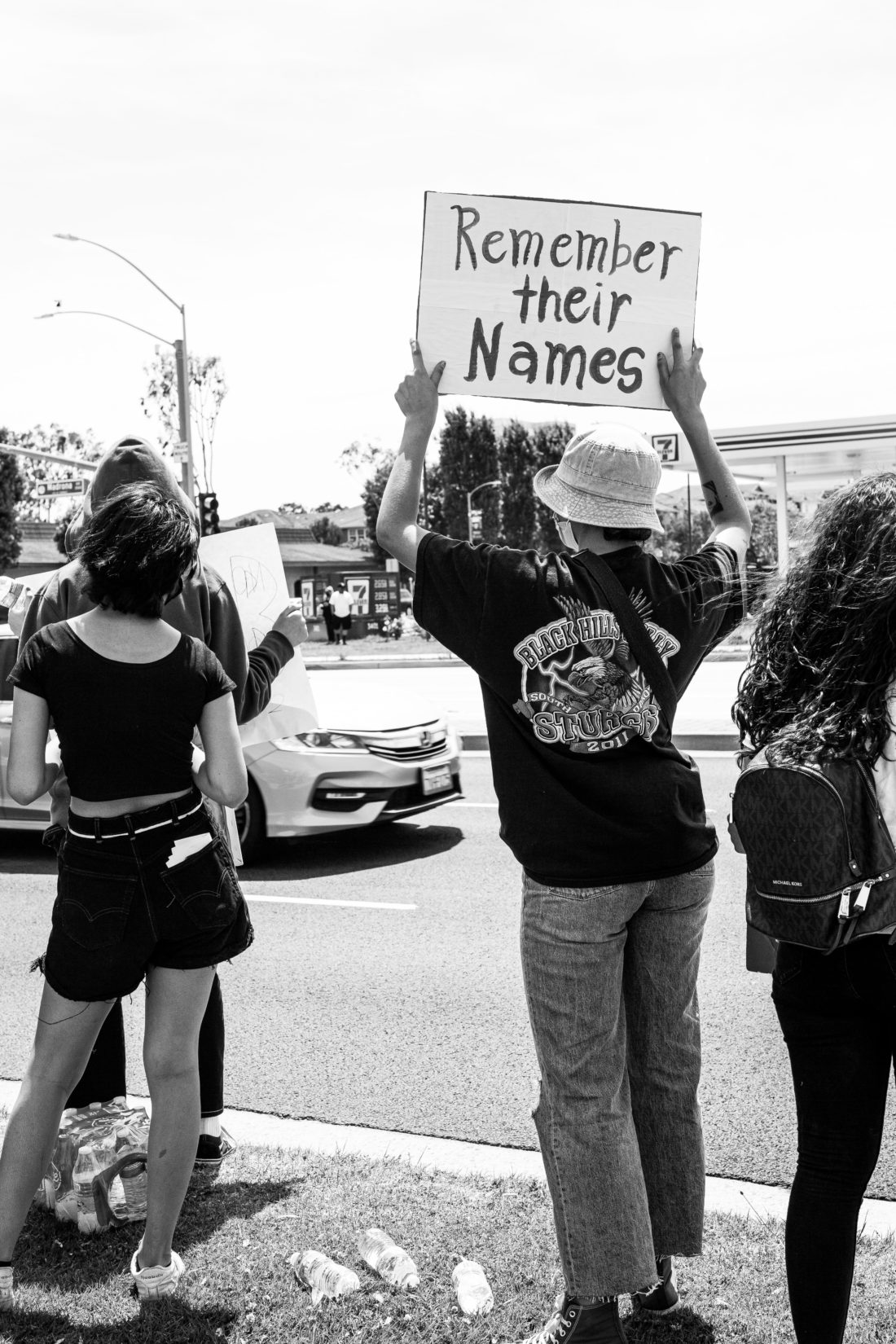
What those things DID NOT do was open my eyes to the work I should have been doing all along, which was educating myself about how I could have been unknowingly upholding systems of white supremacy by allowing my own privilege to go unchecked and unacknowledged. What loving, and caring about, my black friends and family members DID NOT do was to make me truly understand the context of their daily experiences, or how my white privilege was benefitting me – and oppressing them.
And for that I am truly, deeply sorry.
I have spent the past week researching and trying to better educate myself on how I can become a real White Ally for my Black friends and family, and for the readers and followers of this space. I have decided to share the important information I’ve learned during this process, here, so that anyone here who is White and calls themselves an Ally can take a long hard look at whether or not that’s actually true, and what we all can do to do better.
Consider this my Syllabus for my own journey, one that won’t be completed in a week, or a month, or even a year. And it should take a while – this should be a process we as White People (and especially me as a White Woman) should do and continue to re-examine for a long time. I invite you to go on this journey with me, to challenge yourself, and the ways you thought you were doing enough. This process is not easy. It is introspective and humbling, and uncomfortable, and shameful. But our discomfort in doing it is one minuscule sliver of the discomfort felt by BIPOC in our country every single day. When I feel the shame and discomfort of this work, I pause and sit in it. I feel that feeling, and I learn from it. Then I’ll take that education and apply it to the choices I make moving forward.
WHERE I’M STARTING:
IDENTIFYING MY PRIVILEGE
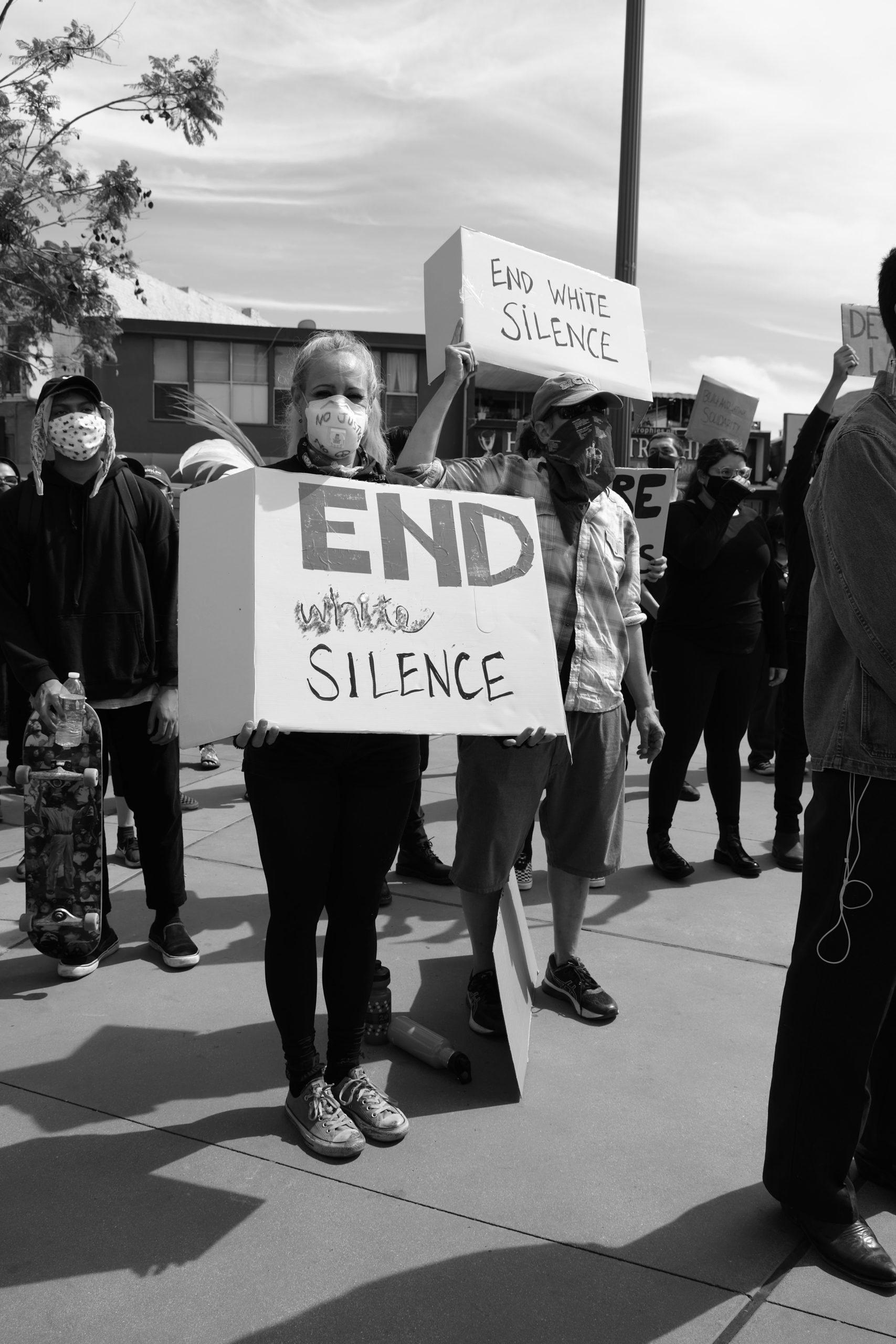
I’ve now realized that it’s not enough for me, and other white people, to simply not be racist. We must be actively ANTI-racist, and the only way to practice anti-racist allyship is by doing the work. The uncomfortable work. Reaching deep down into our hearts and laying bare the ways in which we, as White people, have benefited from a system of oppression and deep-rooted systemic racism – despite the fact that we may feel great empathy, rage, and sadness for our Black friends and family.
DESPITE THE FACT THAT THE THOUGHT OF THESE BENEFITS MIGHT MAKE US SICK WITH SHAME.
It is true nevertheless and demands to be investigated and reckoned with. By doing this work as White people, we become better educated, better equipped, and more conscious about our inherent biases, and thereby more capable of dismantling institutions of oppression.
This video was so helpful for me in terms of understanding White Privilege:
NEXT UP:
Educating Myself, And My Children
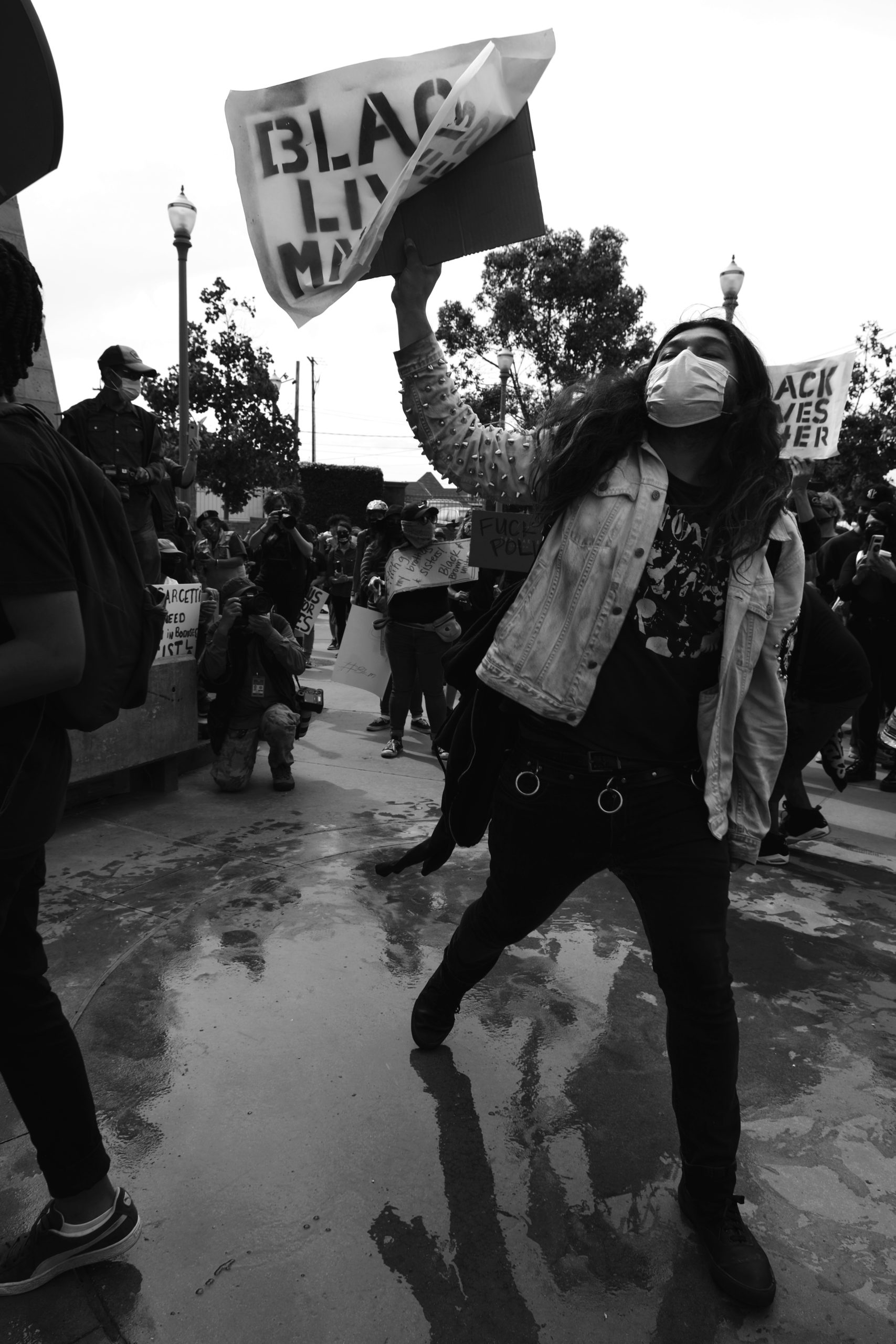
Listening To Black People, POC and BIPOC:
Here are some accounts I’m following to listen to, to better understand my White Privilege, and to learn what I can do to be a true Ally. I’ve learned it’s imperative that I not ask Black people to educate me or do the work for me. I go to these accounts to consume and learn from the content they already have up. If I have a question, I google it or ask another White person who might know the answer.
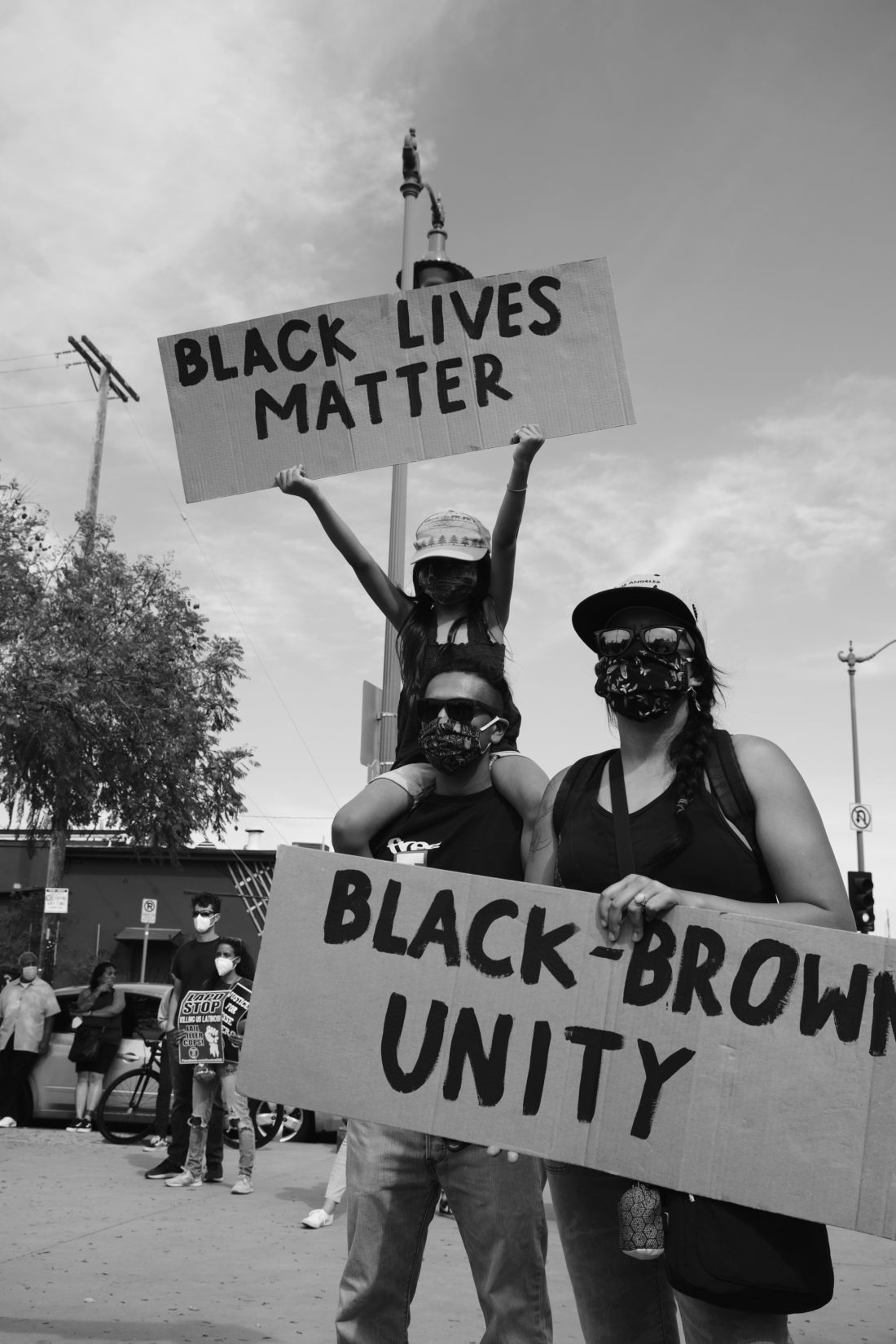
Podcasts & Media:
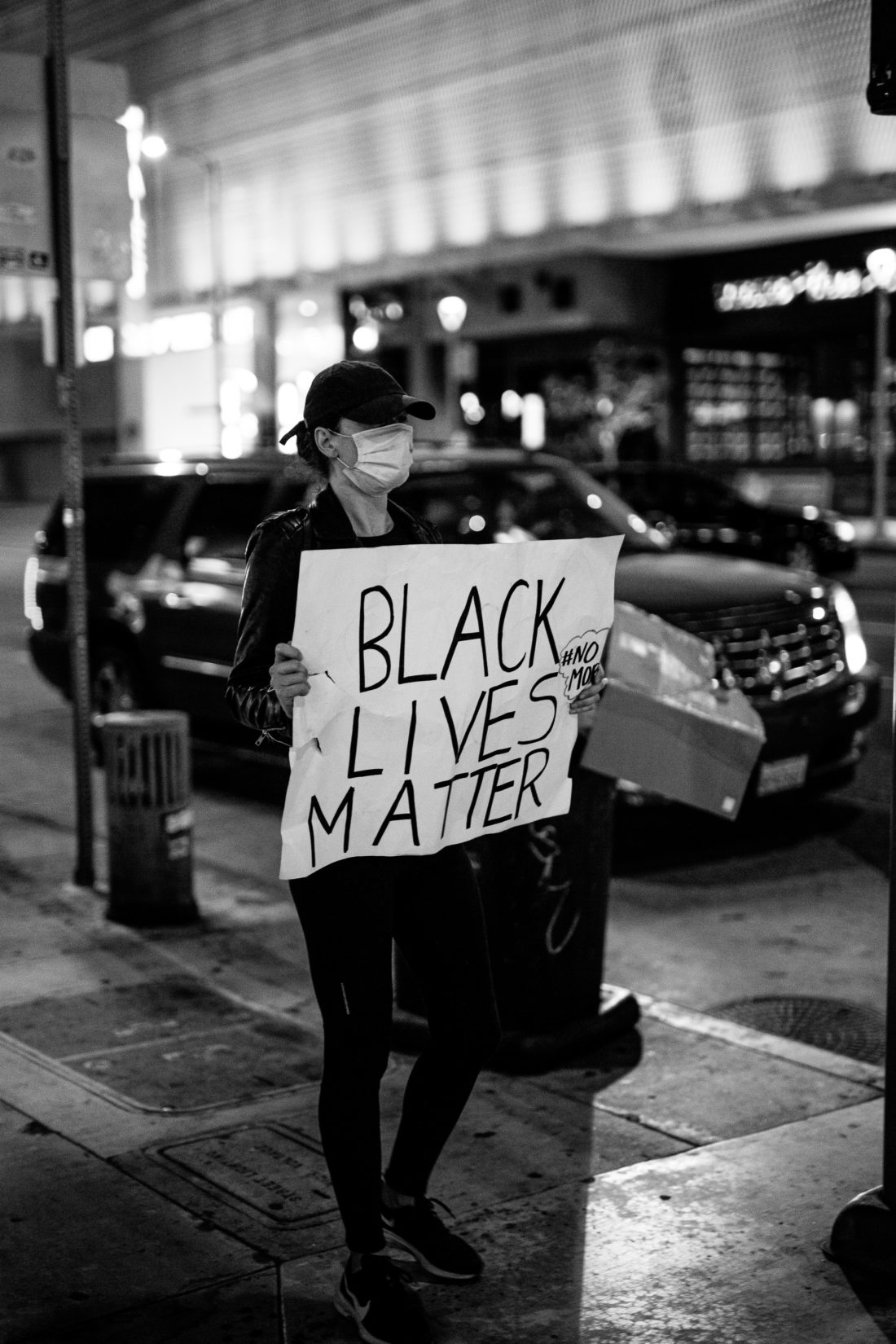
Essential Articles:
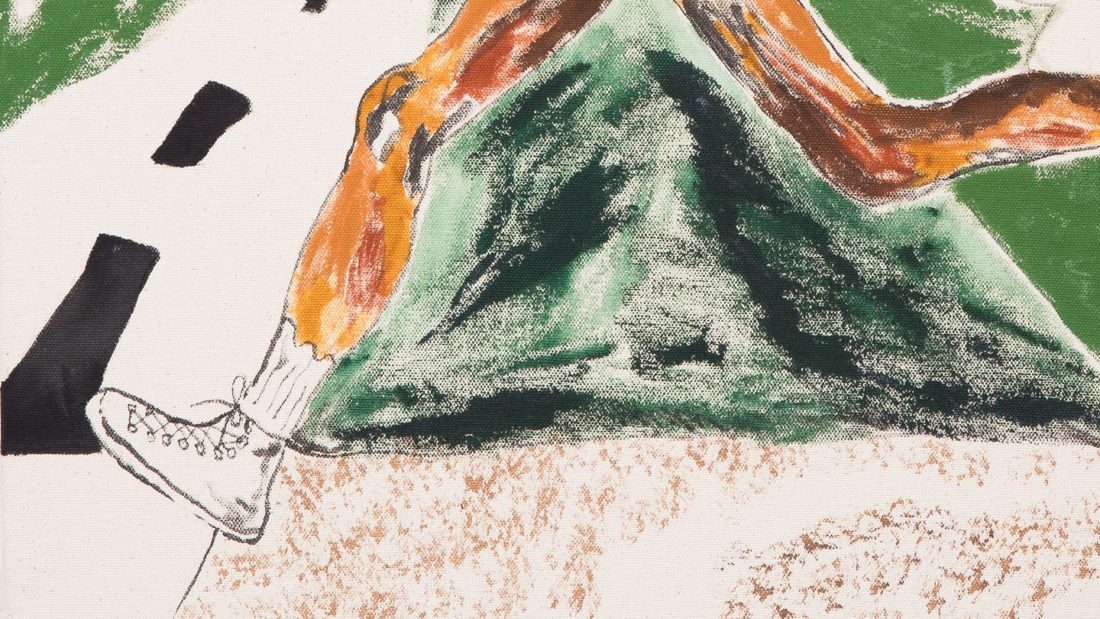
The Atlantic: Who Gets to Be Afraid in America?
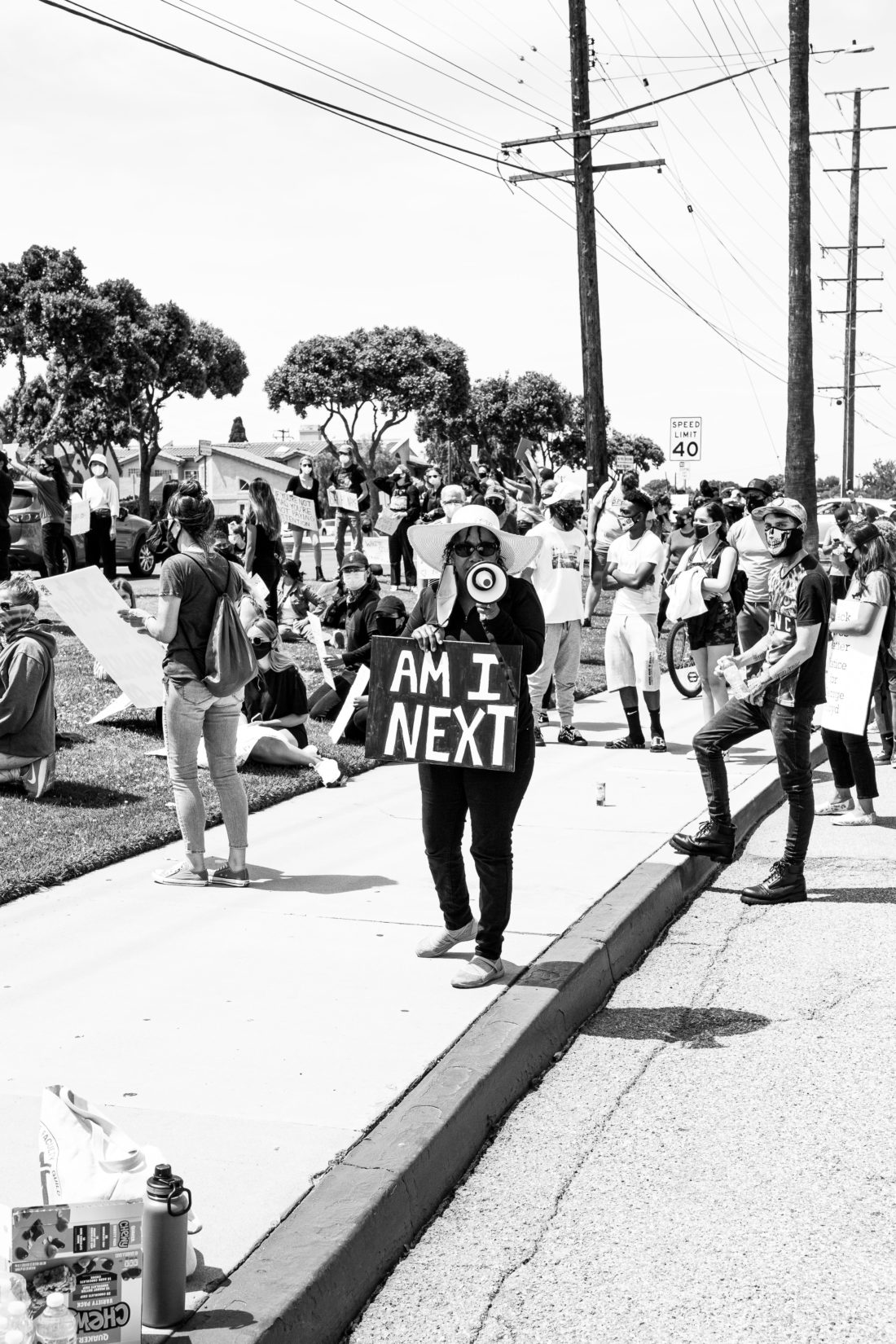
Books I’m Reading:
Here are books I’m committing to reading in order to further my education. I’m linking to black-owned bookstores whenever possible, to local booksellers when not, and to larger retailers only when the book in question isn’t sold elsewhere, but please try to buy from your own local bookstores if you can!

Purchase from IndieBound 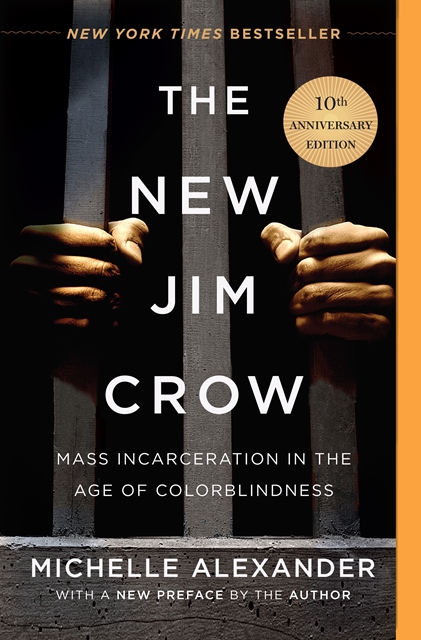
Purchase from IndieBound 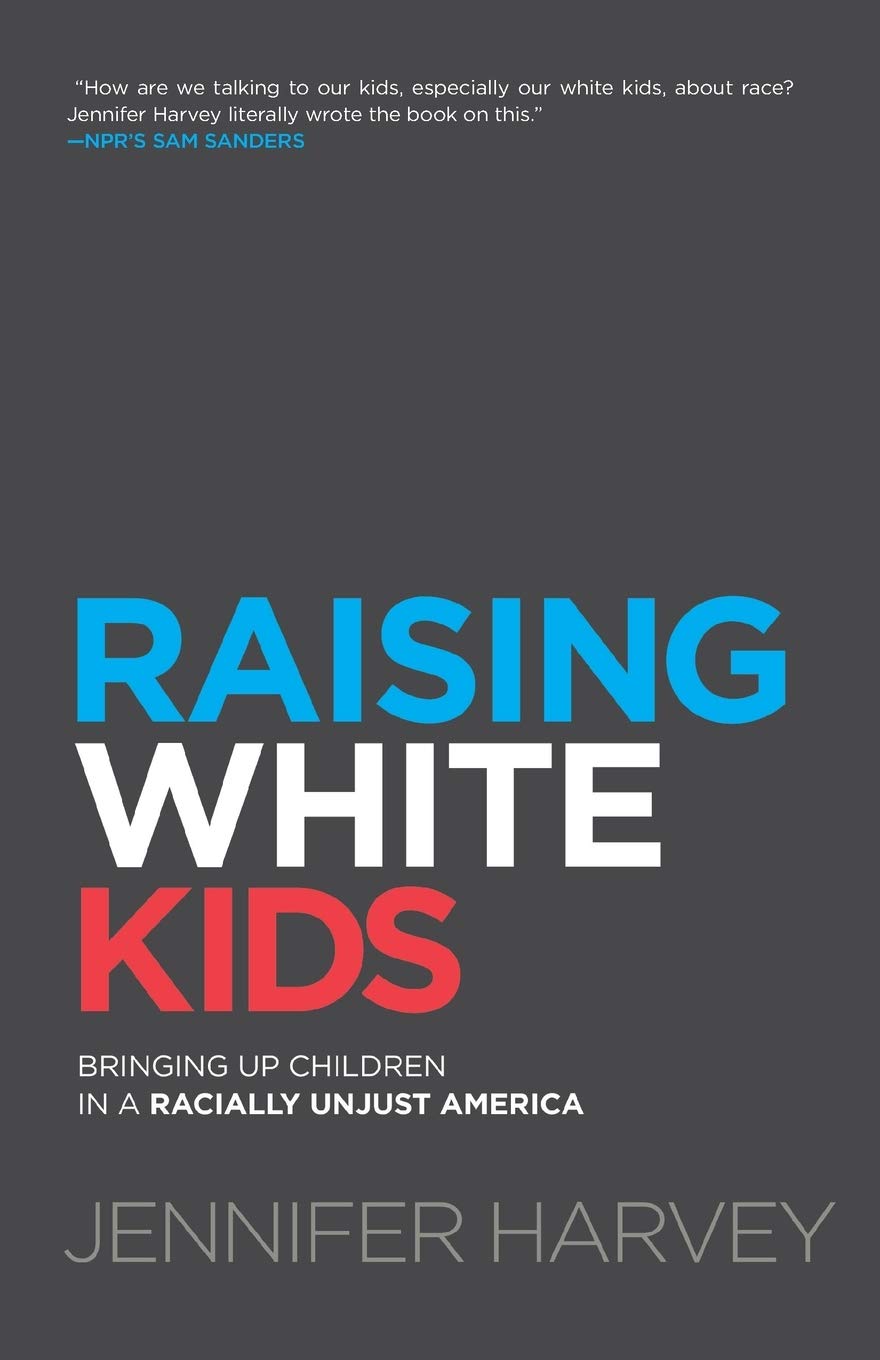
Purchase from Uncle Bobbie’s 
Purchase from Afriware Books 
Purchase from Amazon 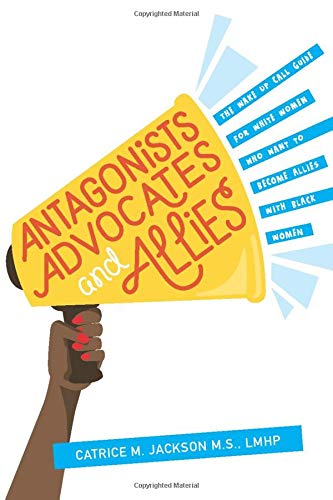
Purchase from Amazon 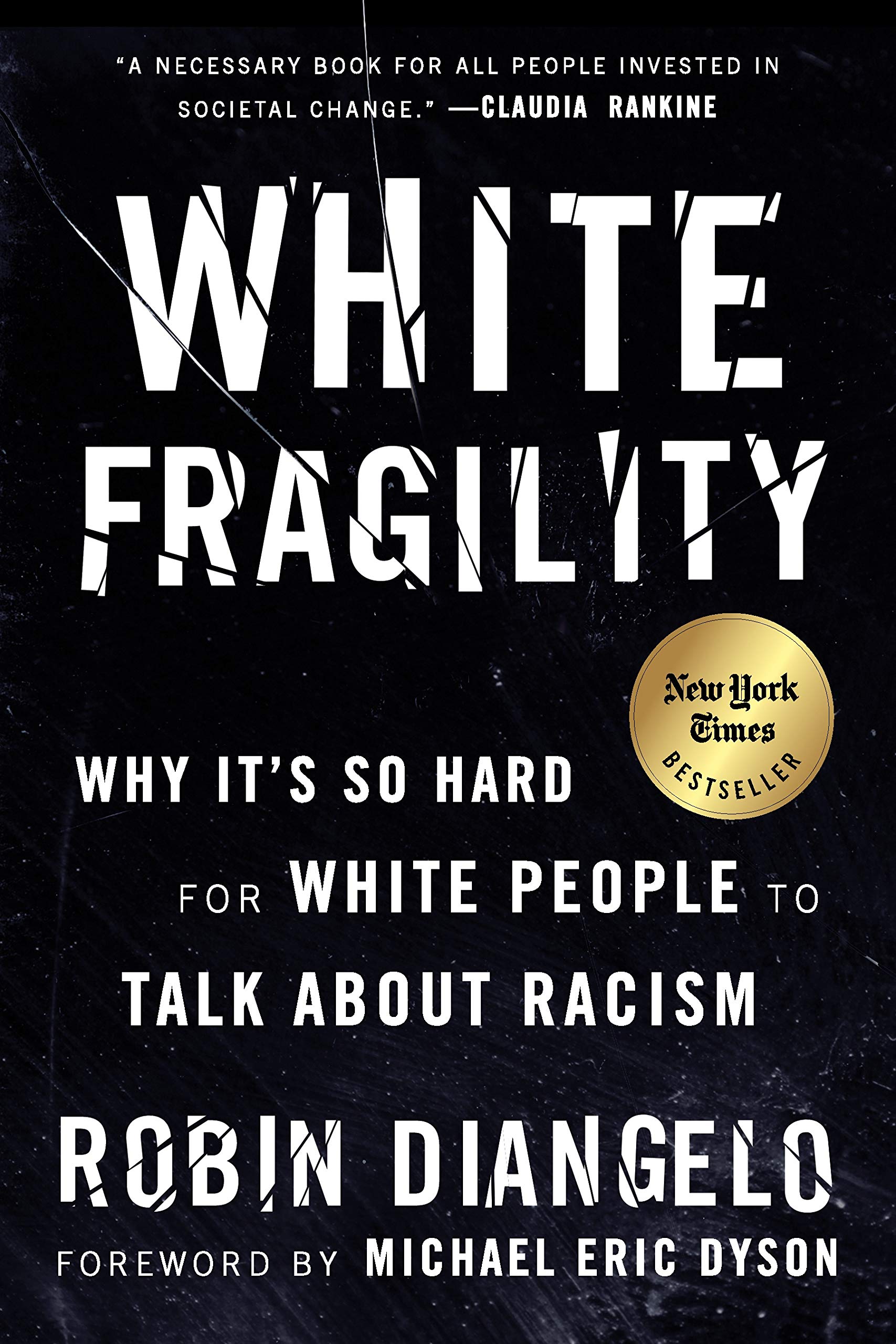
Purchase from IndieBound 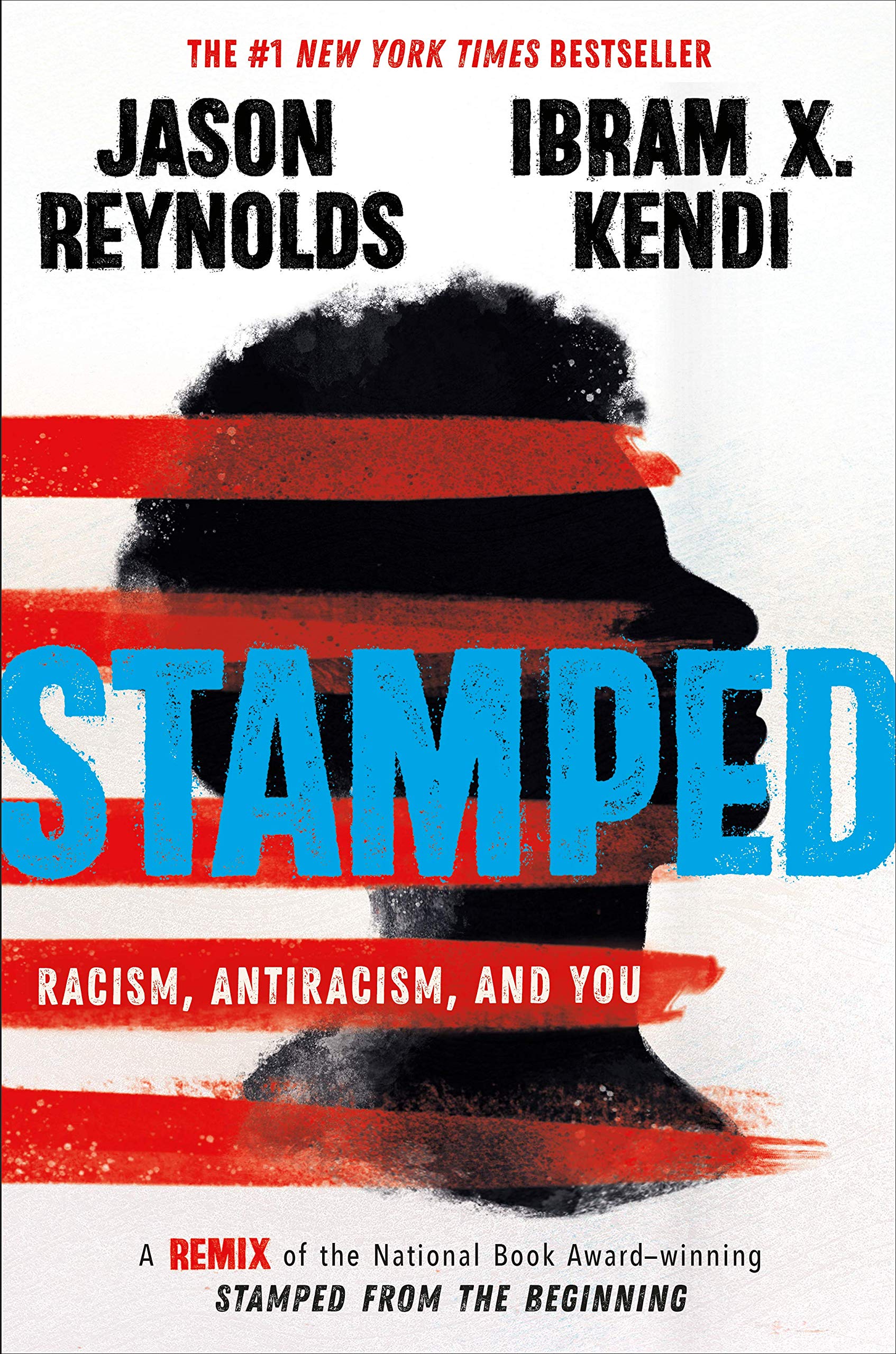
Purchase from Ashay by the Bay 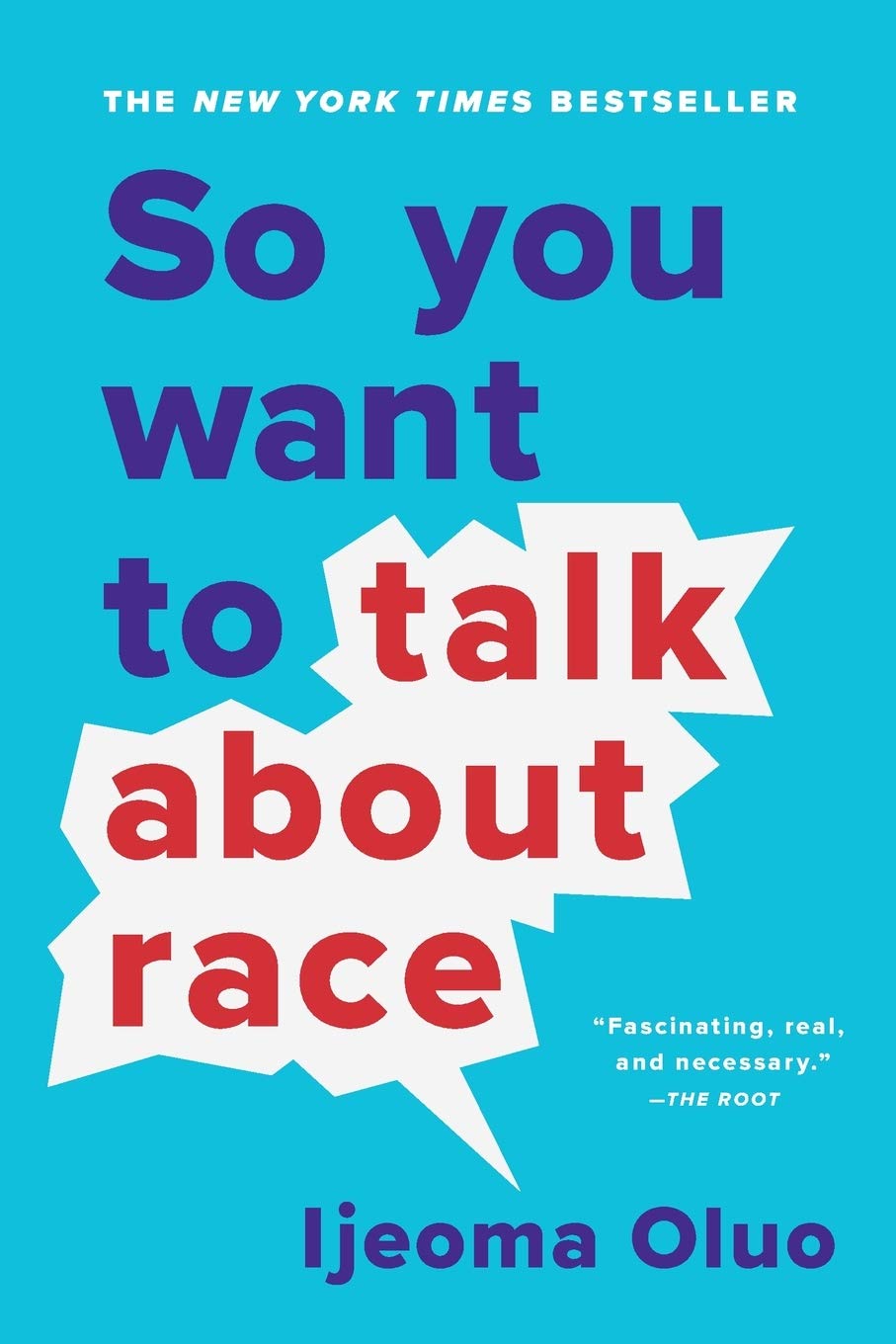
Purchase from Mahogany Books 
Purchase from IndieBound 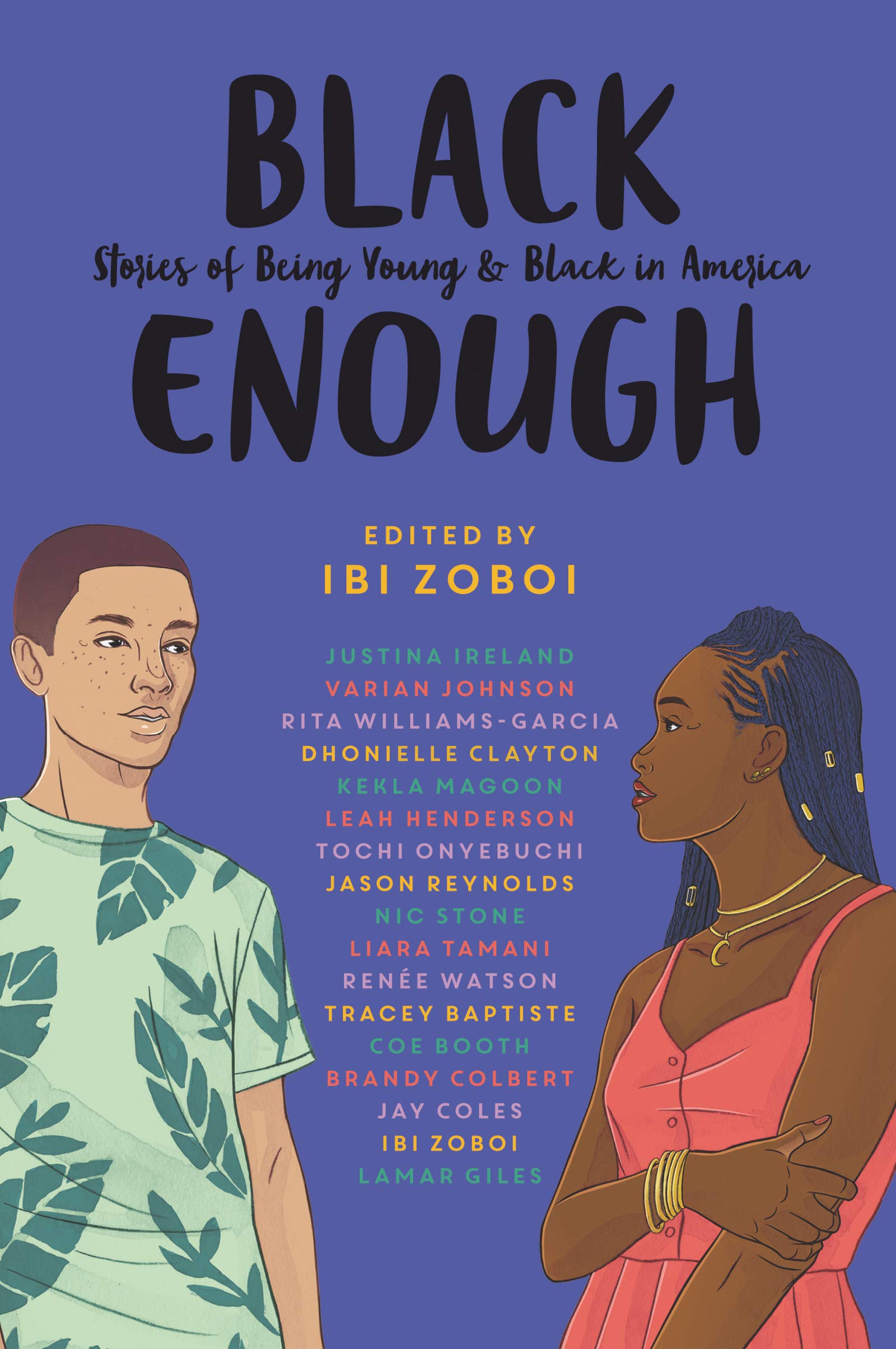
Purchase from Word Up Books 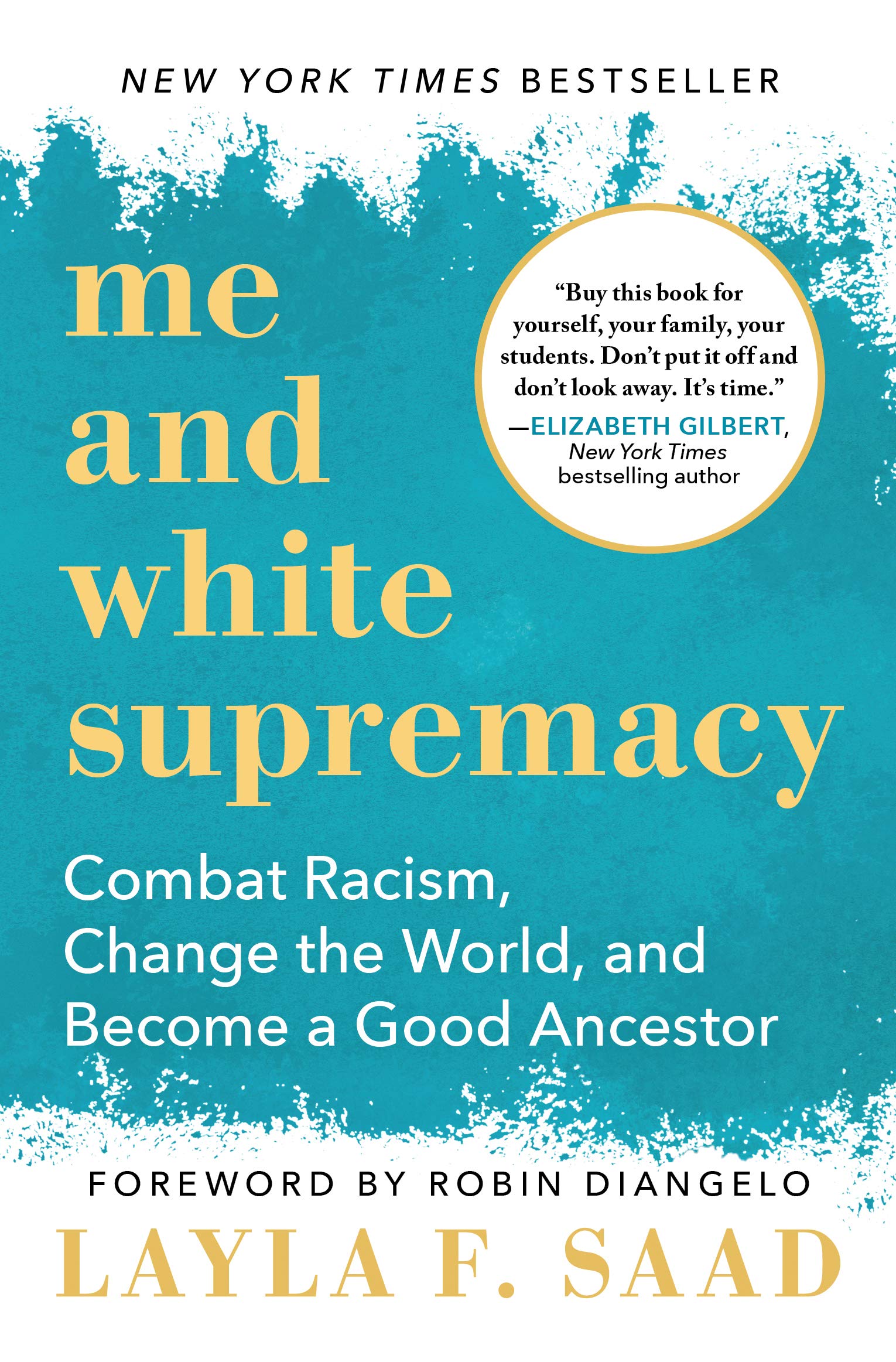
Purchase from IndieBound
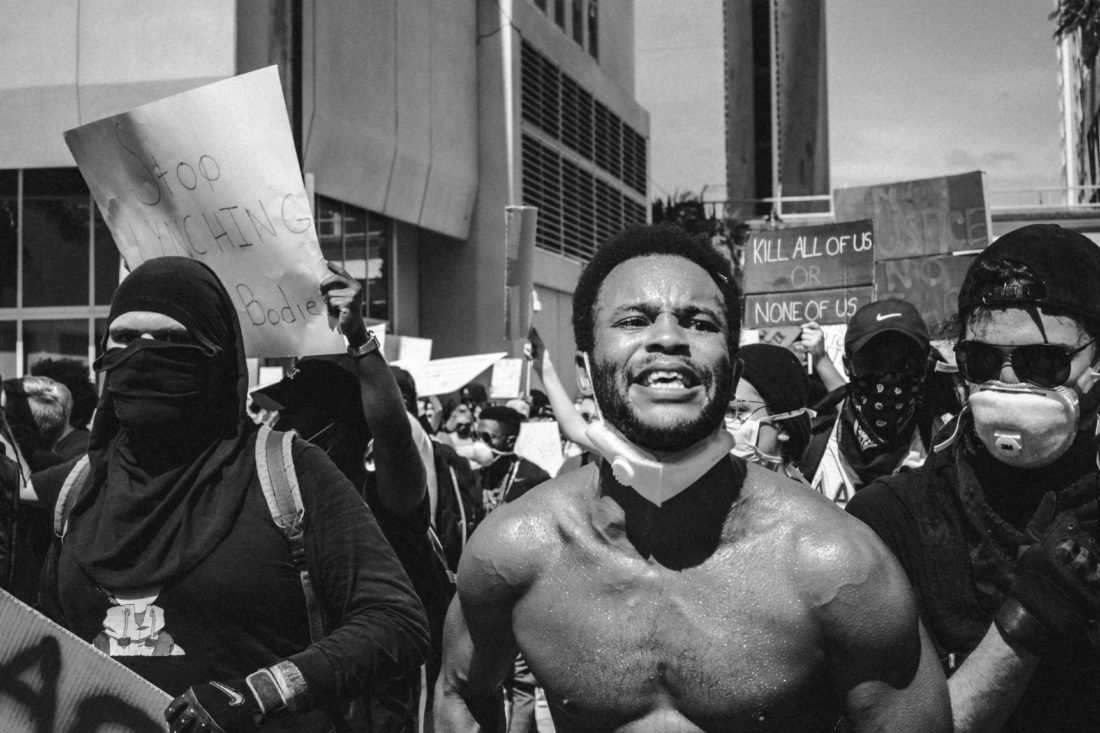
Educational Resources for kids:
It’s always been important to me to see all ethnicities represented in the books my children read, but I’m vowing to do better about teaching my kids through literature about racial injustice and the history of the Black Experience in our country. Here are some books I’m buying now:
Common Sense Media also has a great list of age-appropriate children’s books from the Coretta Scott King Book Award Winners which can be found here.
AMPLIFYING BLACK BUSINESSES & CREATORS:
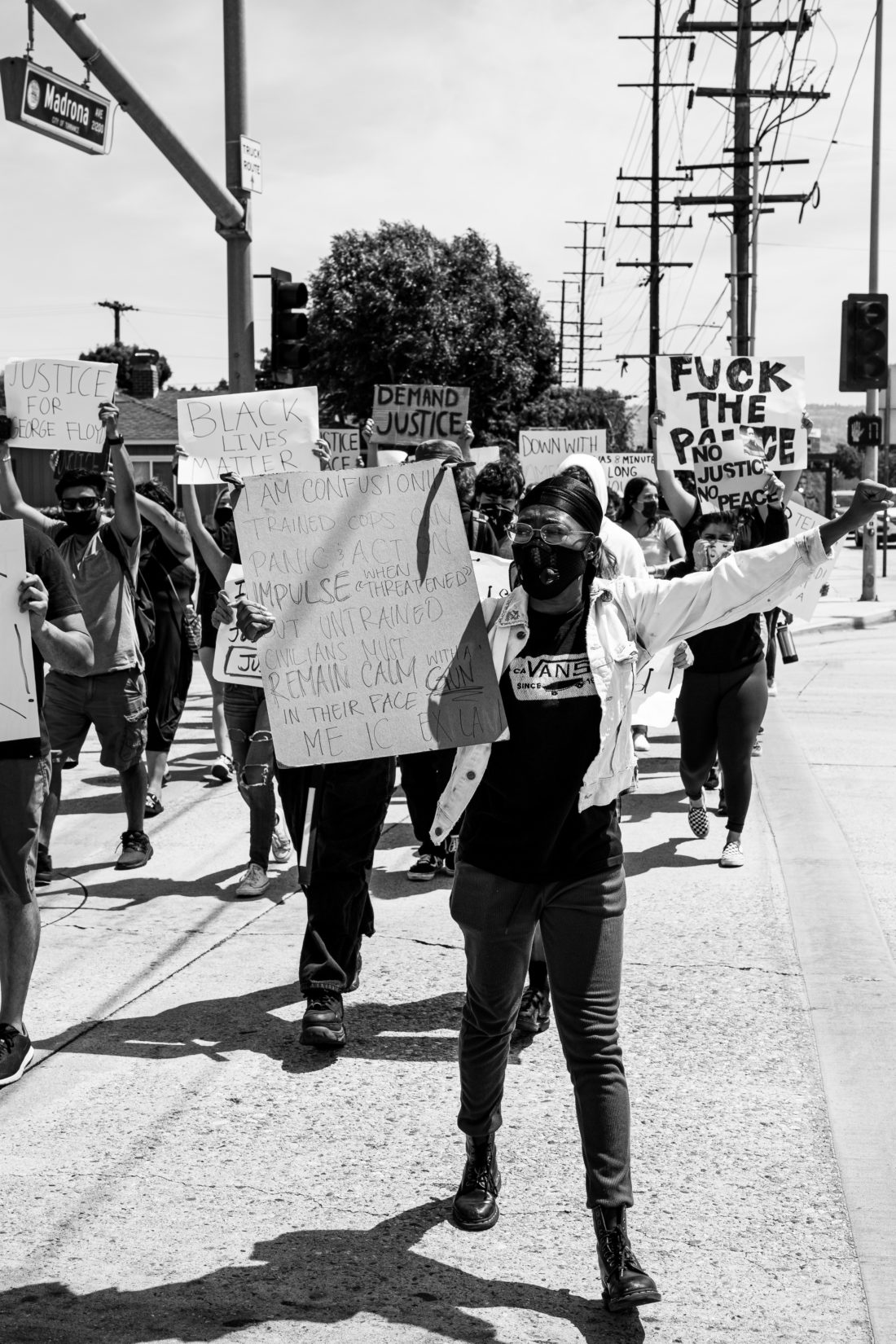
My Instagram feed is primarily photos of me and my kids – and we are White. I understand that this creates a lack of diversity in my feed and that that isn’t ideal, even if it isn’t by design.
I also happen to live in an extremely White town and attend events with other White women who live in and around my town – which end up on my social media and stories.
I fully realize that all of this “Whiteness” isn’t ideal in my journey to be more inclusive, even if it isn’t intentional. And though my friend and family group from my life, as a whole, IS diverse, that isn’t represented in my day-to-day because it’s not my daily experience in Westport, Connecticut.
I struggle with this because I would never want to tokenize my black friends, or family members, or actively seek out friends just because they’re POC and would make my IG feed more diverse to assuage the criticism of my “very White feed” (that would be insane).
What I CAN do is to do my part to ask event organizers hard questions about inclusion, to ask myself hard questions about my friend group in my town, and to absolutely be critical and antiracist in the conversations I have with the people around me. I can also continue to prop up creators and influencers who are BIPOC in an organic way, in the hopes that my respect for these creators can contribute more visibly to the diversity of the brand I promote and make BIPOC feel more included on my page.
These are some black-owned brands I love, but it’s important to me to continue my exploration with this – to partner with more diverse brands in the future, and with ones that celebrate diversity in a more vocal and visible way:
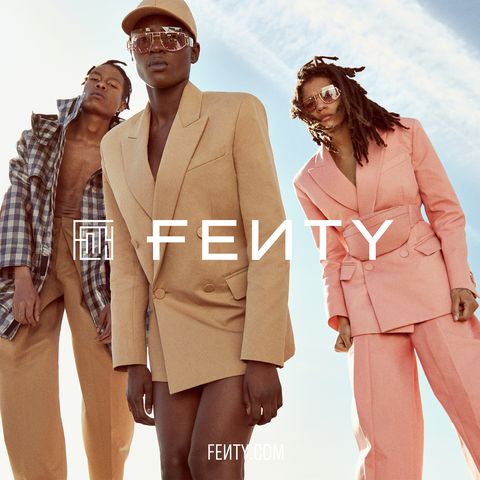
https://www.fenty.com/ 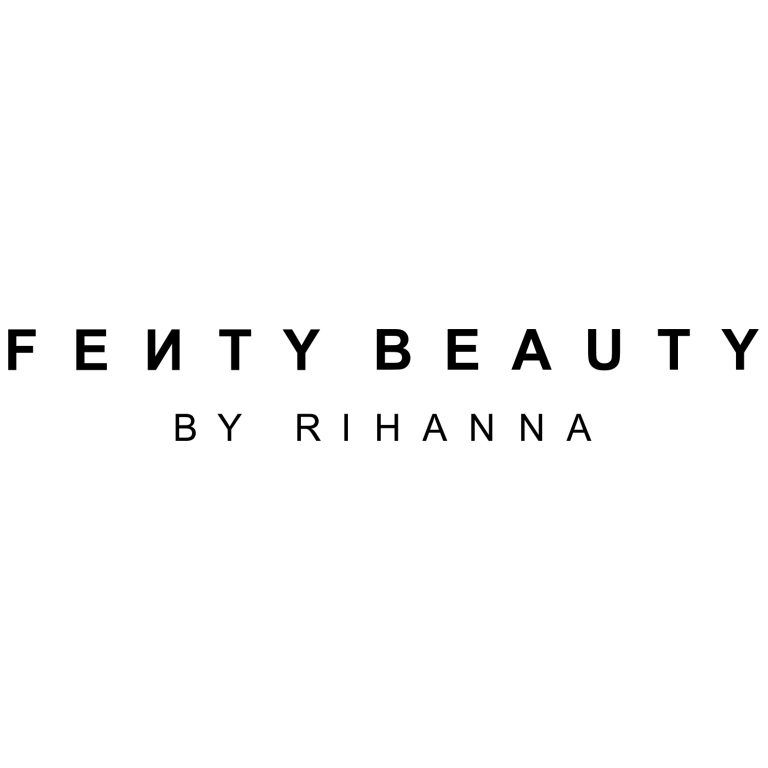
https://www.fentybeauty.com/ 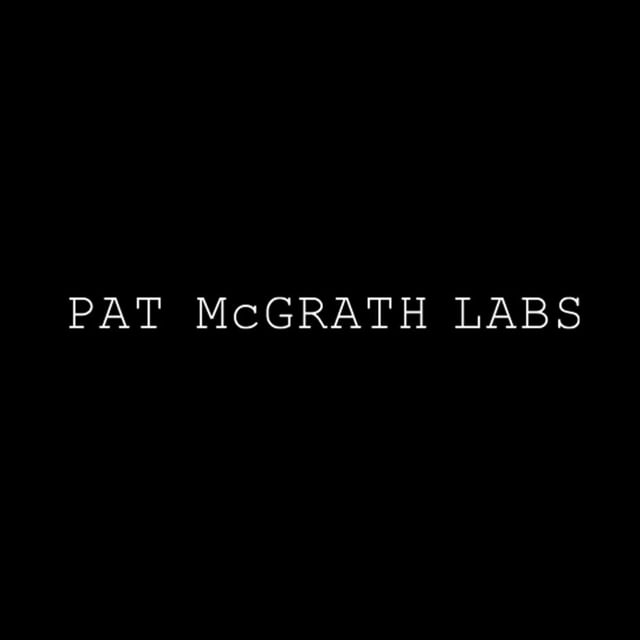
https://www.patmcgrath.com 
https://golde.co/ 
https://thehoneypot.co/ 
https://kncbeauty.com/ 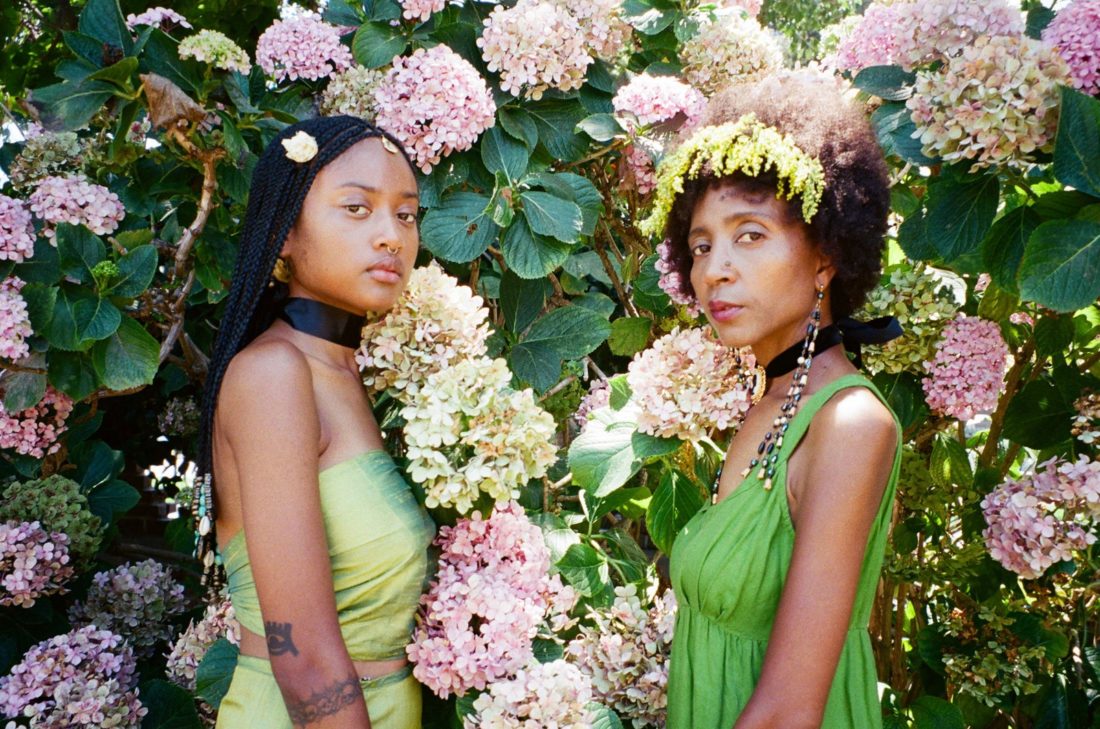
https://houseofaama.com/ 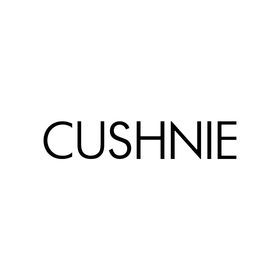
https://www.cushnie.com/ 
https://www.ohhappydani.com/ 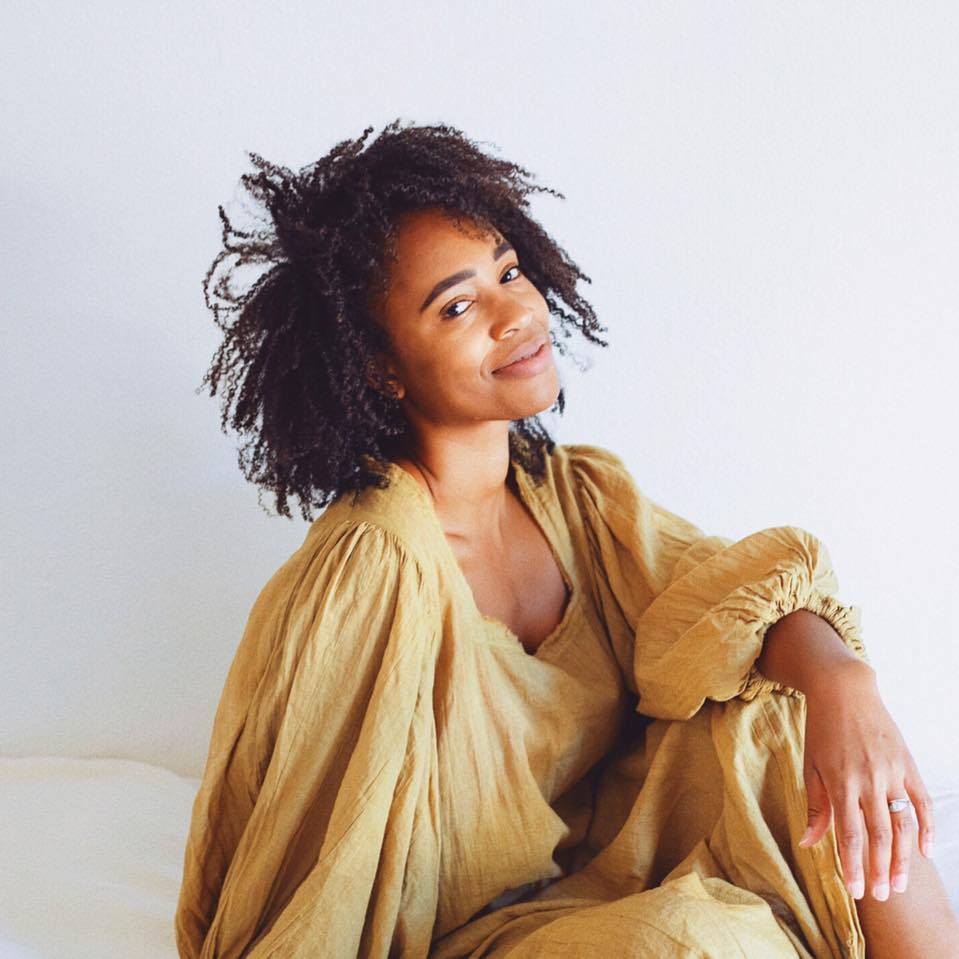
https://www.krystalfesterly.com/ 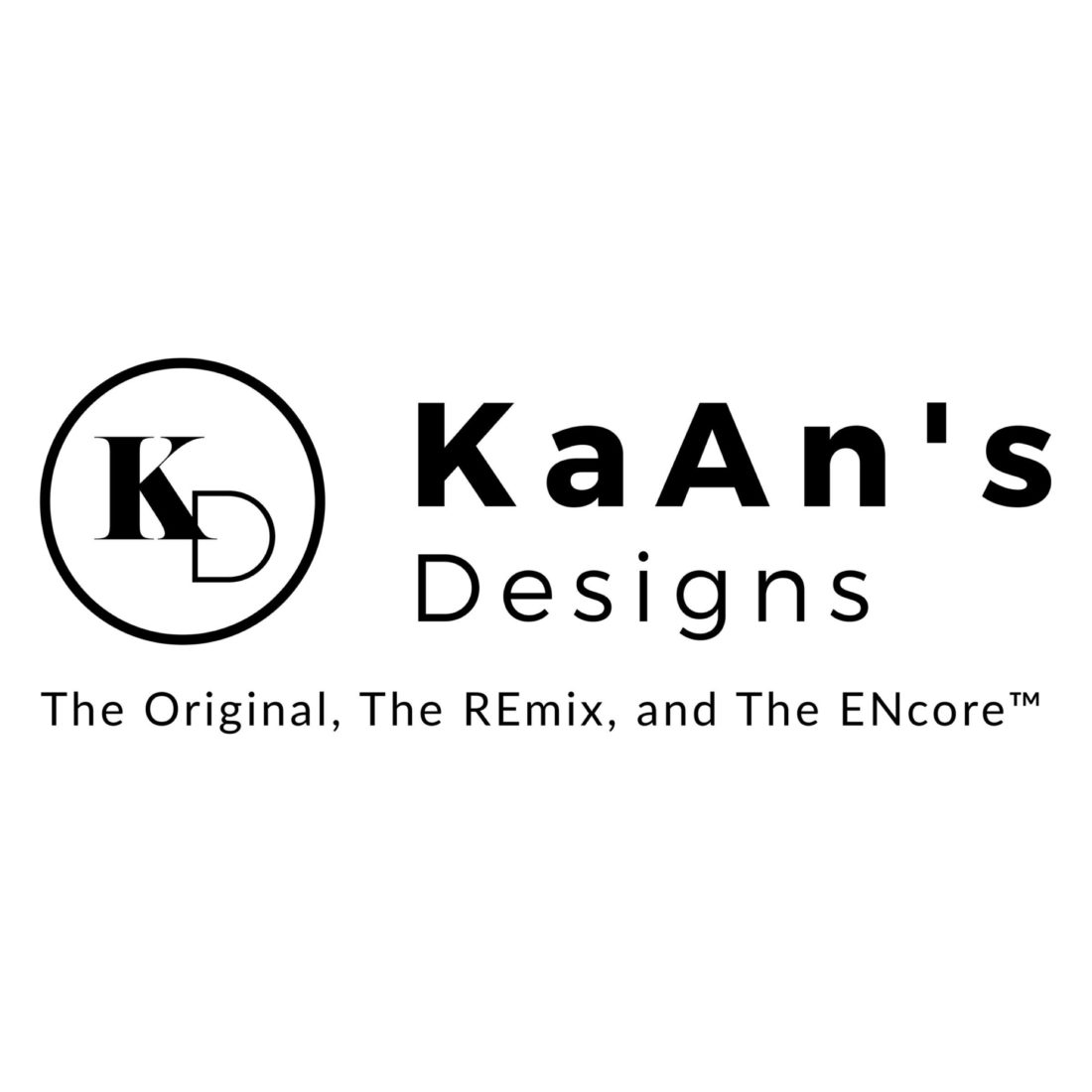
https://www.kaansdesigns.com/ 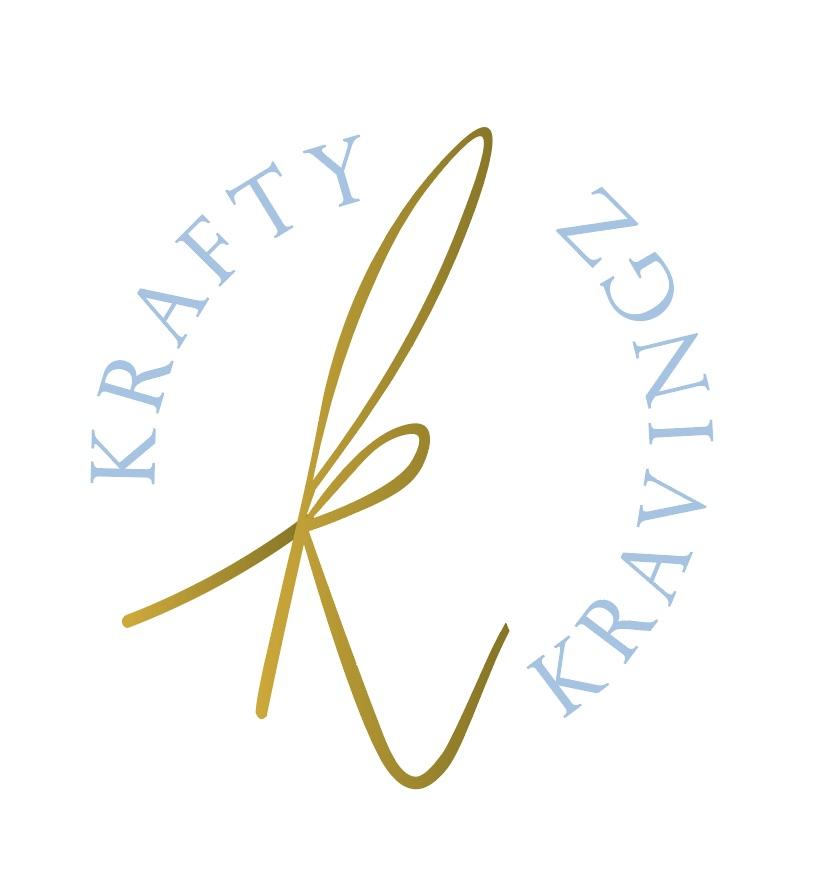
https://kraftykravingz.com/ 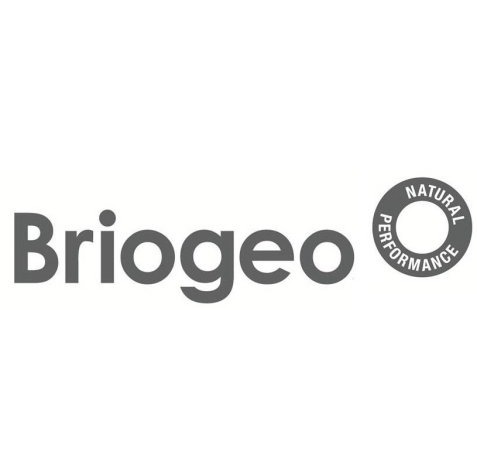
https://briogeohair.com/ 
https://mateonewyork.com/ 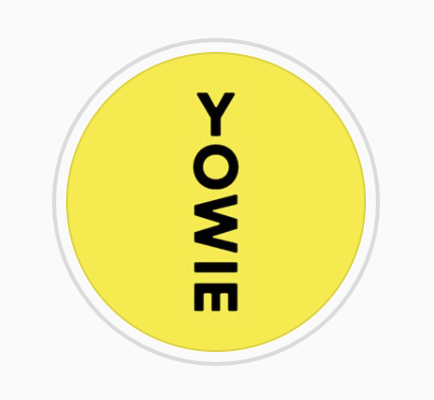
http://shopyowie.com 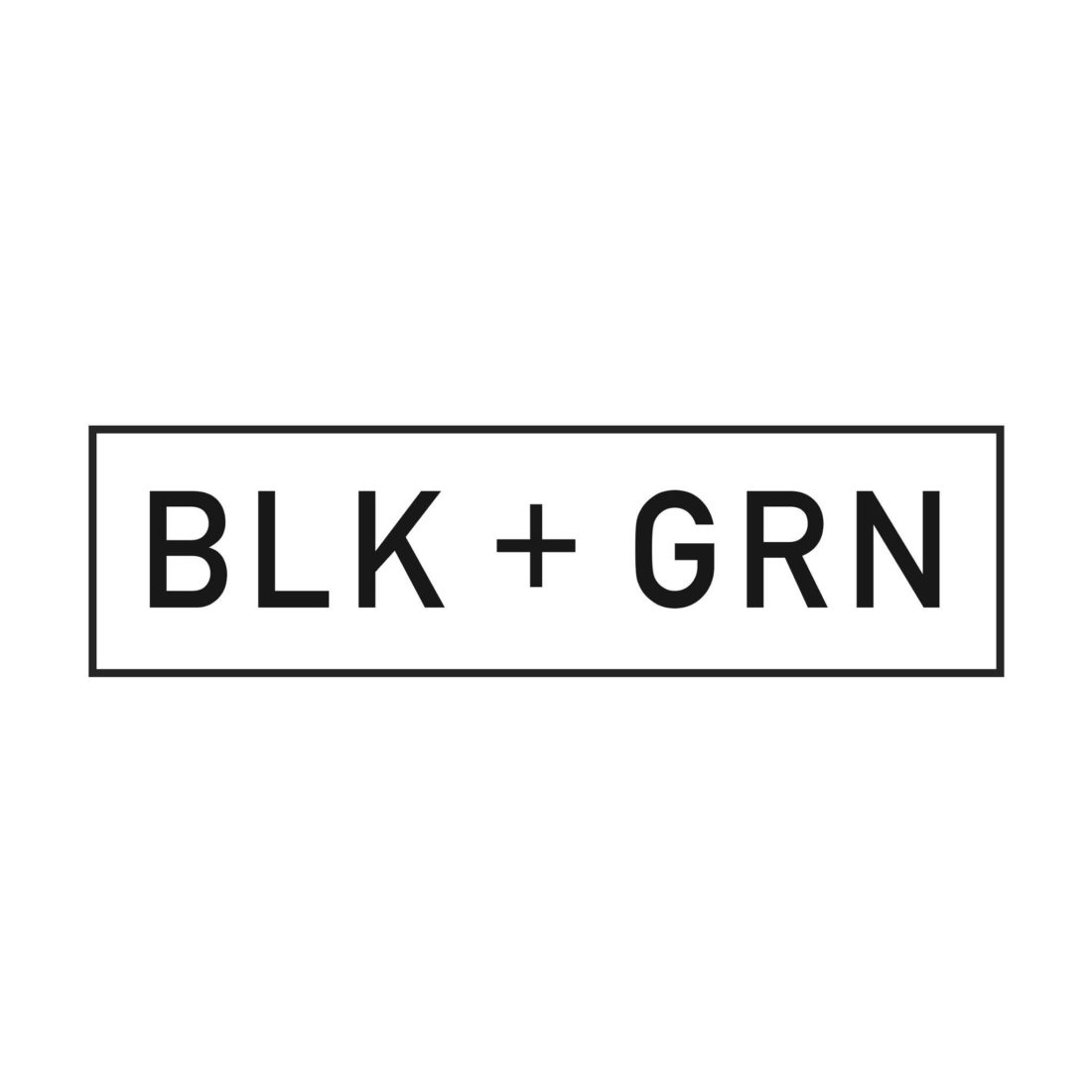
http://www.BLKGRN.com/ 
https://boleroadtextiles.com/
Here is a great resource to locate black-owned businesses!
DONATE:
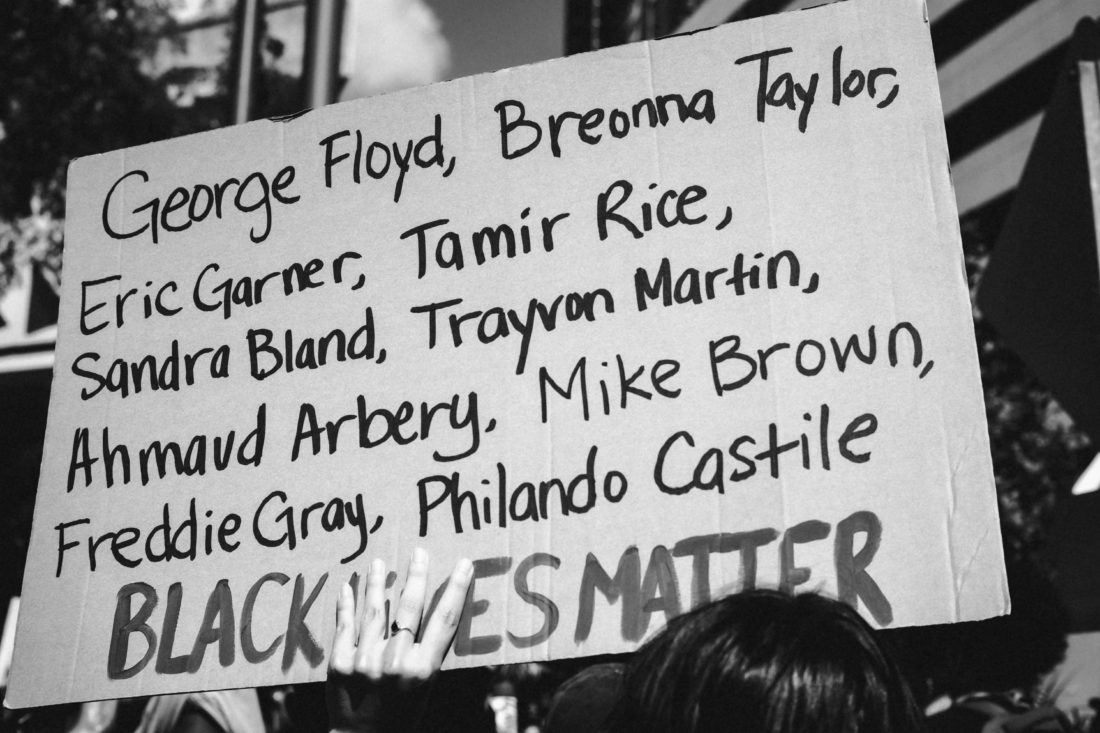
Lastly, here are the organizations and causes I have donated to in the last week. Donating should never be where the buck ends with these types of social causes. It’s GREAT to donate what we all can, and is vital to helping organizations dismantle systems of oppression by working to change policy. But educating ourselves and our children, in tandem with donation, is absolutely crucial to upending systemic racism:
Note: The resources listed in this post are obviously by no means comprehensive. I know that. These are the ones I have found on my own, AND the ones that helpful people have shared with me in order to share with you. I appreciate this sharing of information and encourage you to continue to share with me here should you feel so inclined. I will add to this also if I come across additional pertinent information! Thank you for joining me here!
xo EA
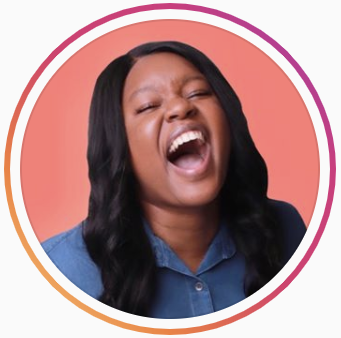
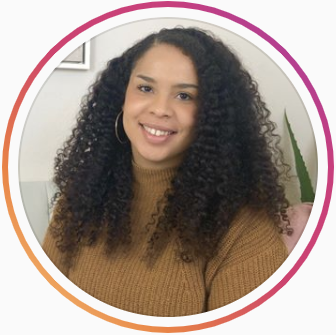
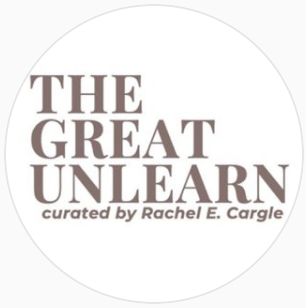
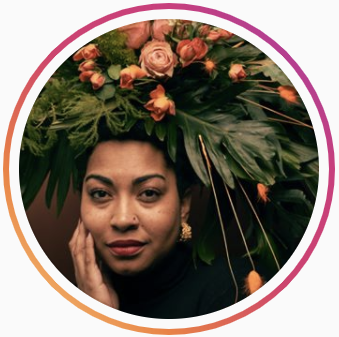
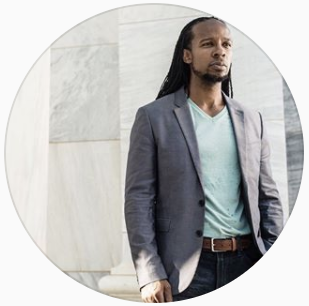

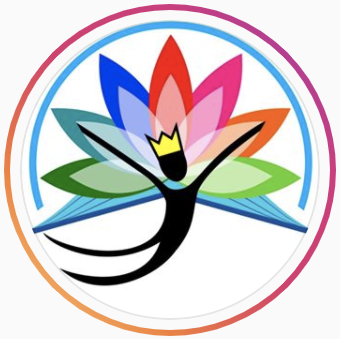
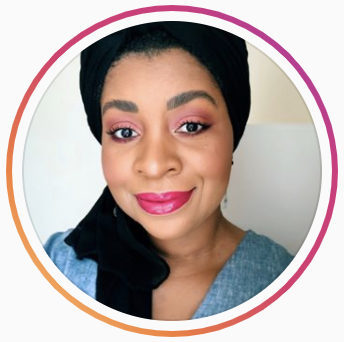
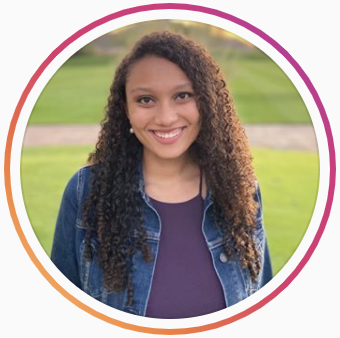
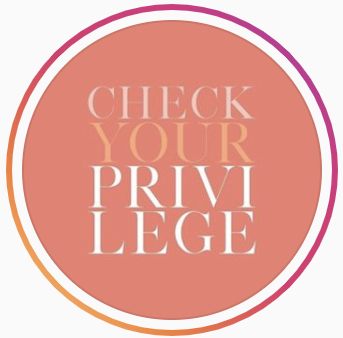
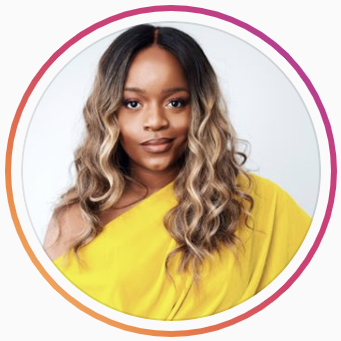
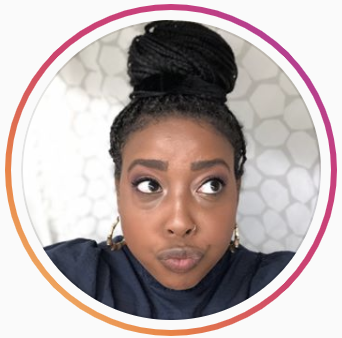
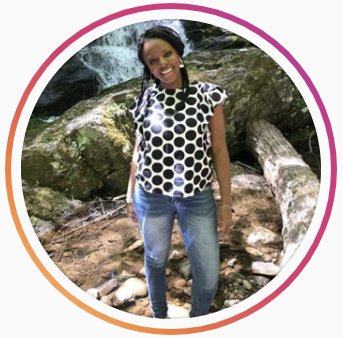
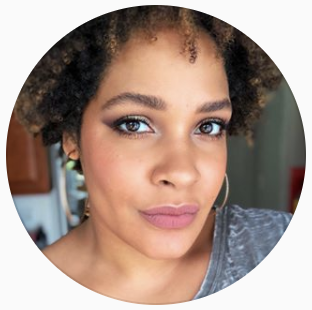
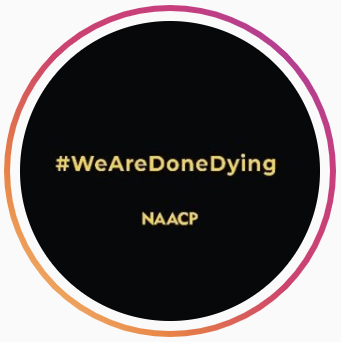
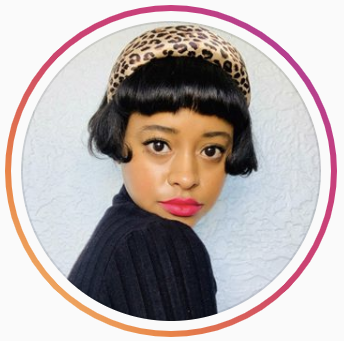
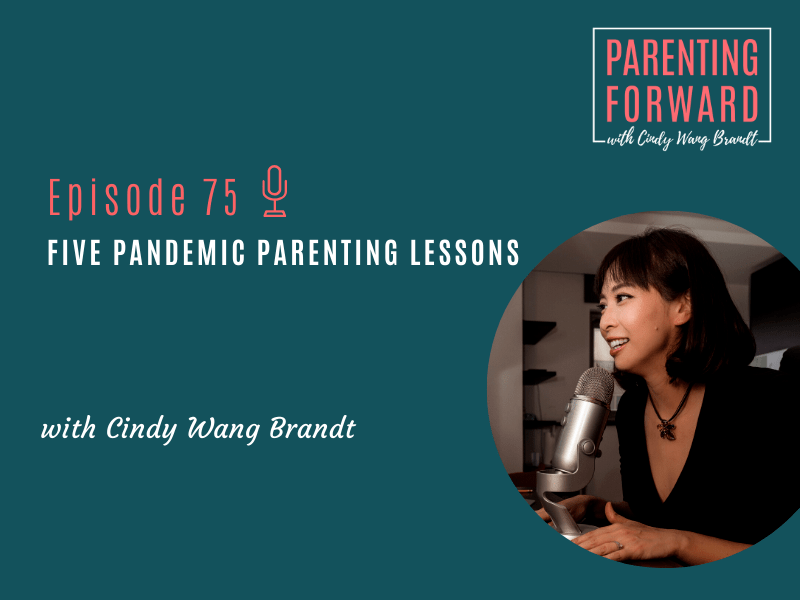
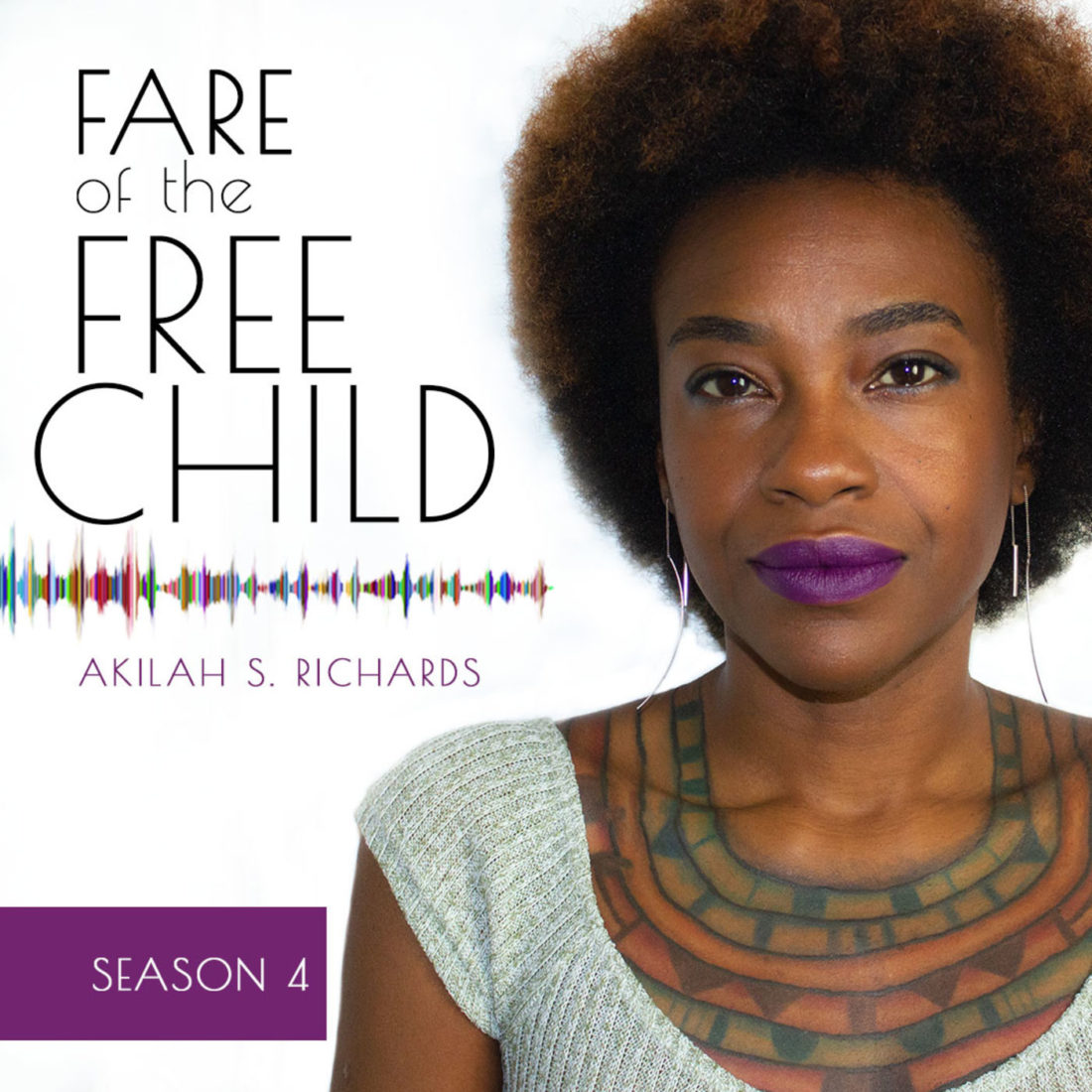
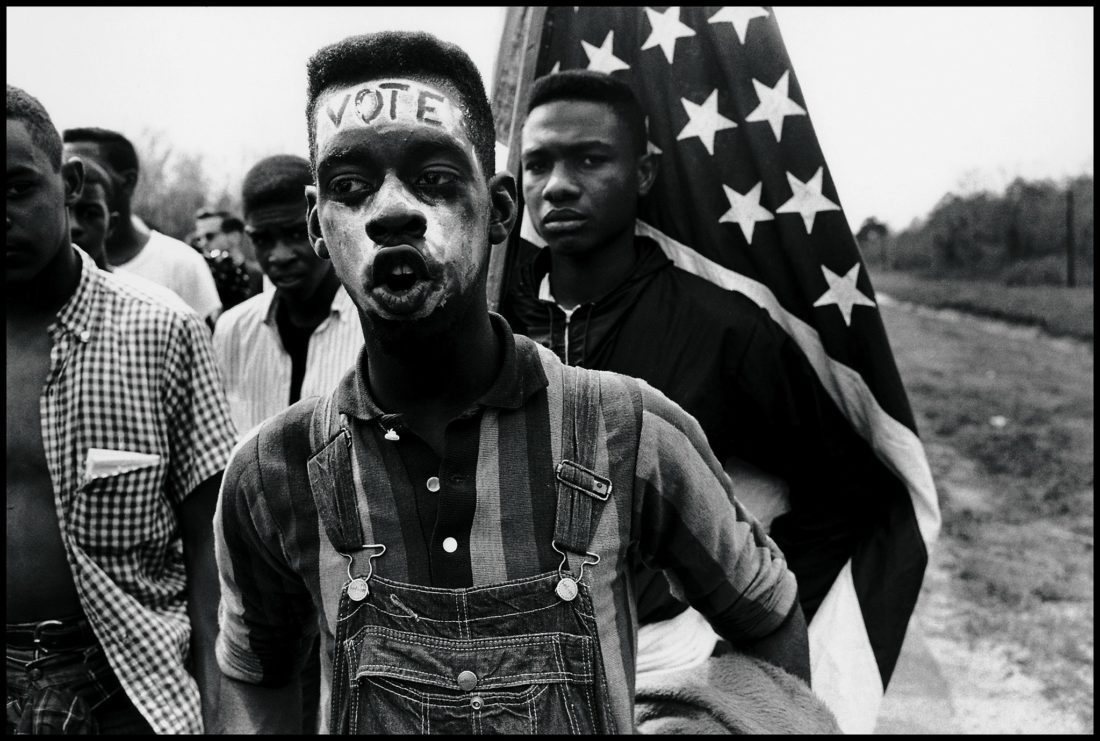
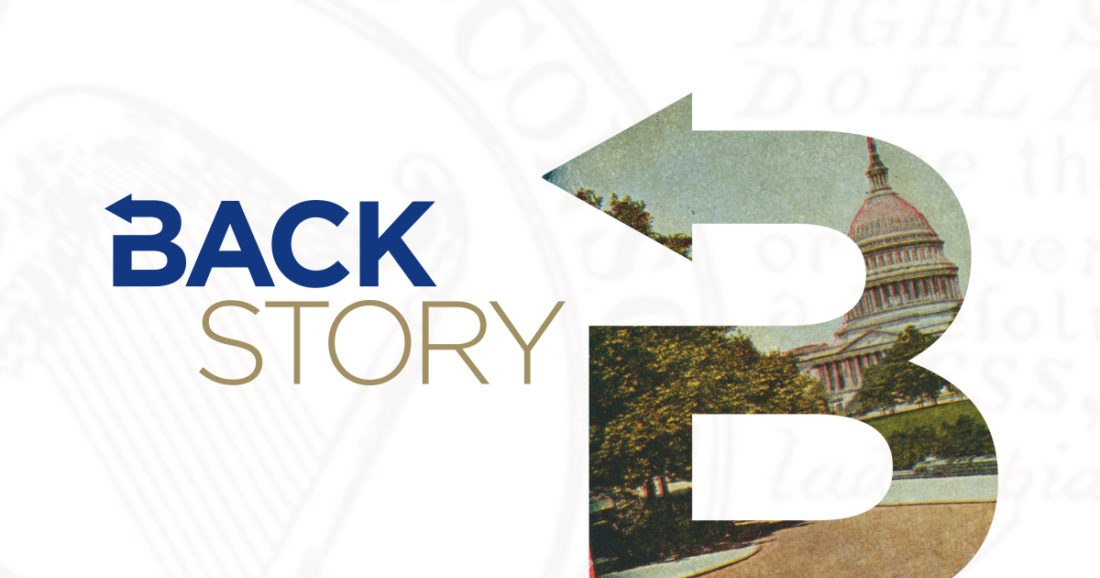
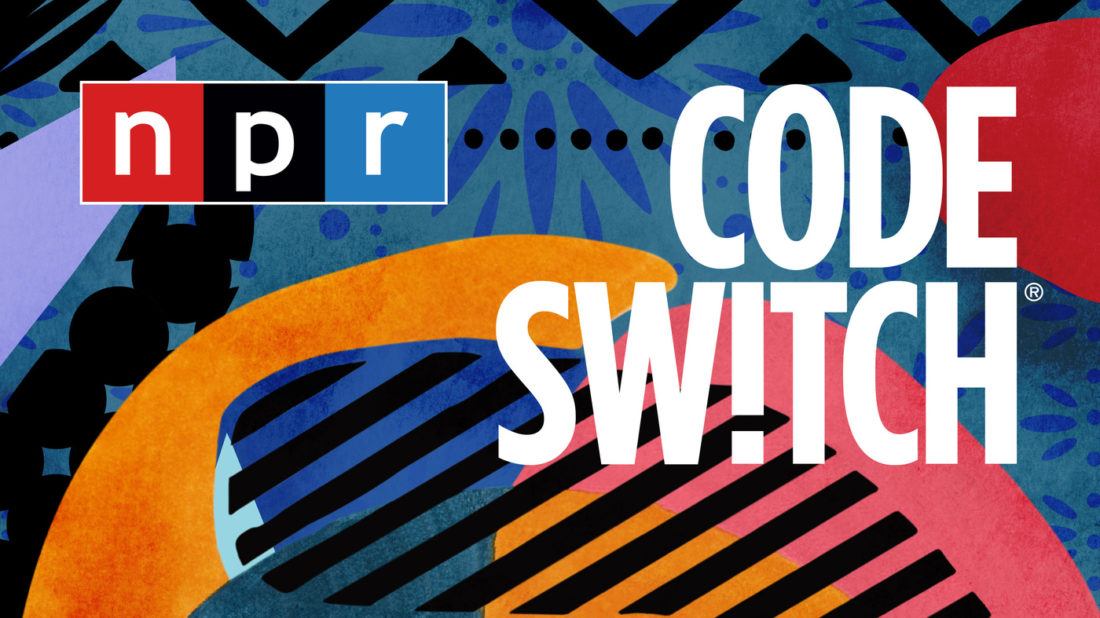
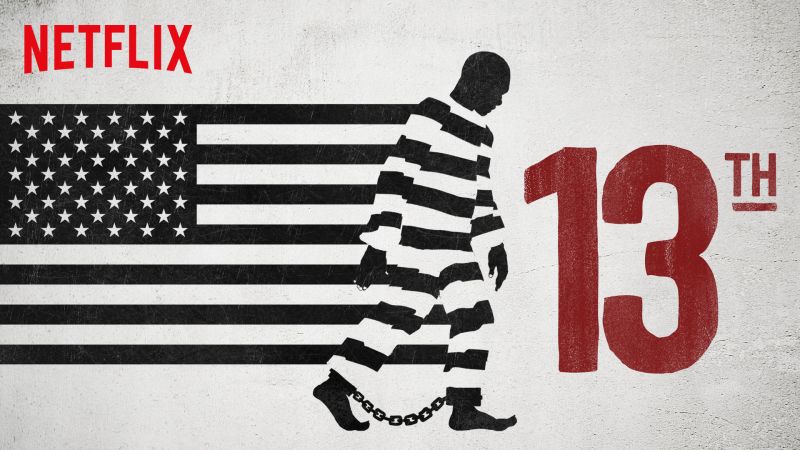
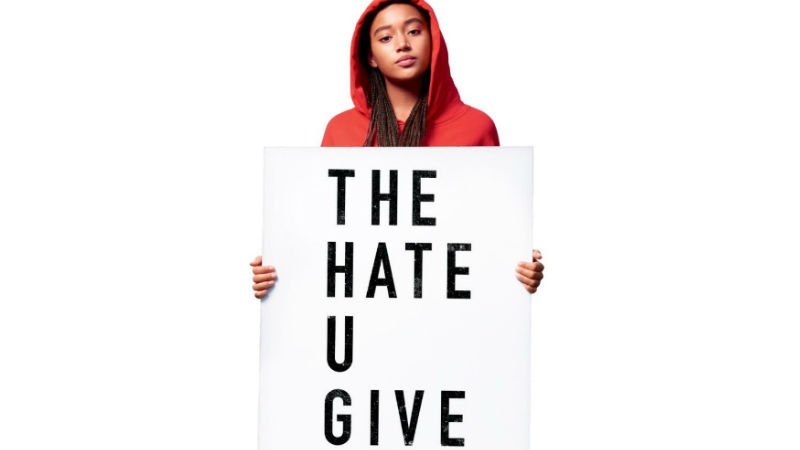
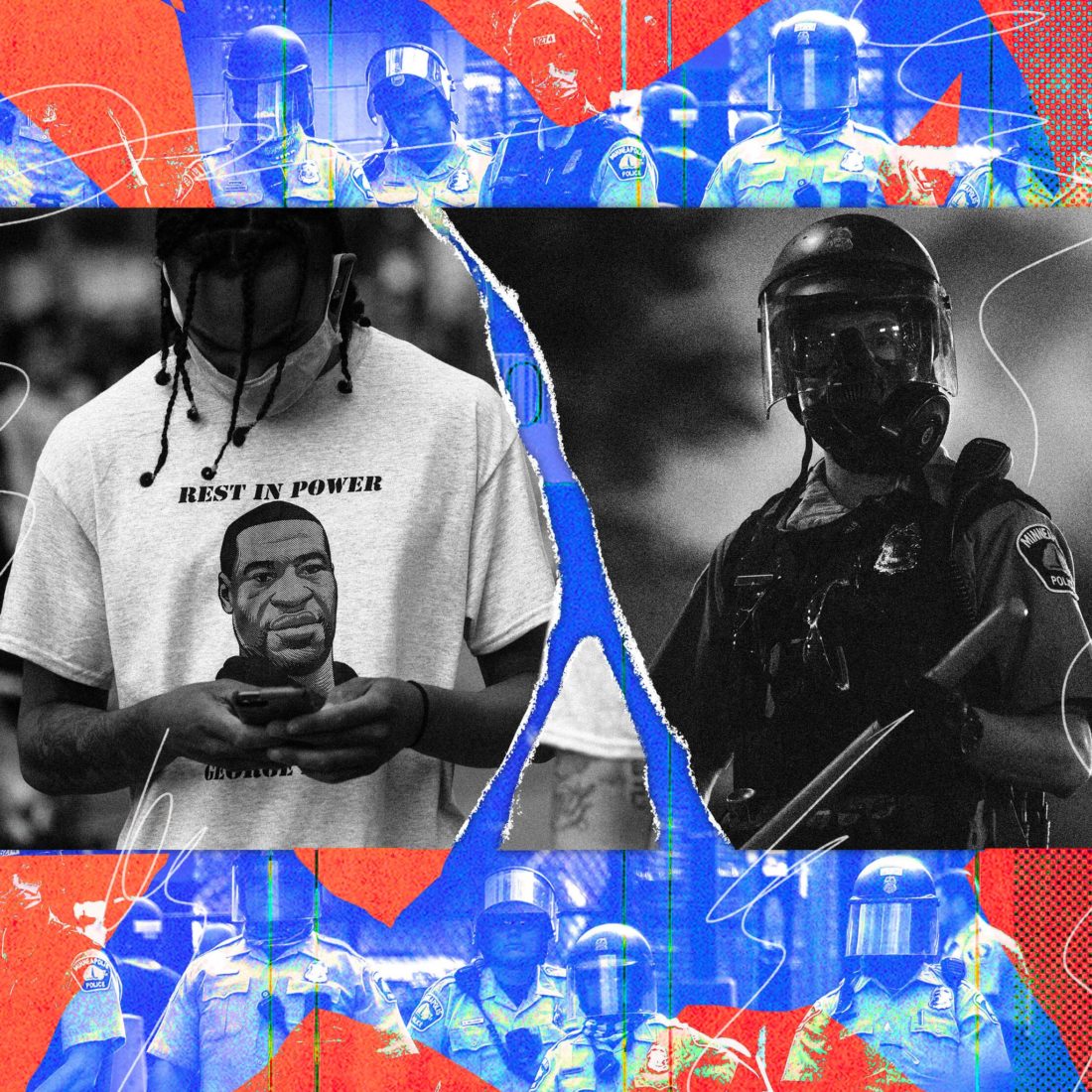
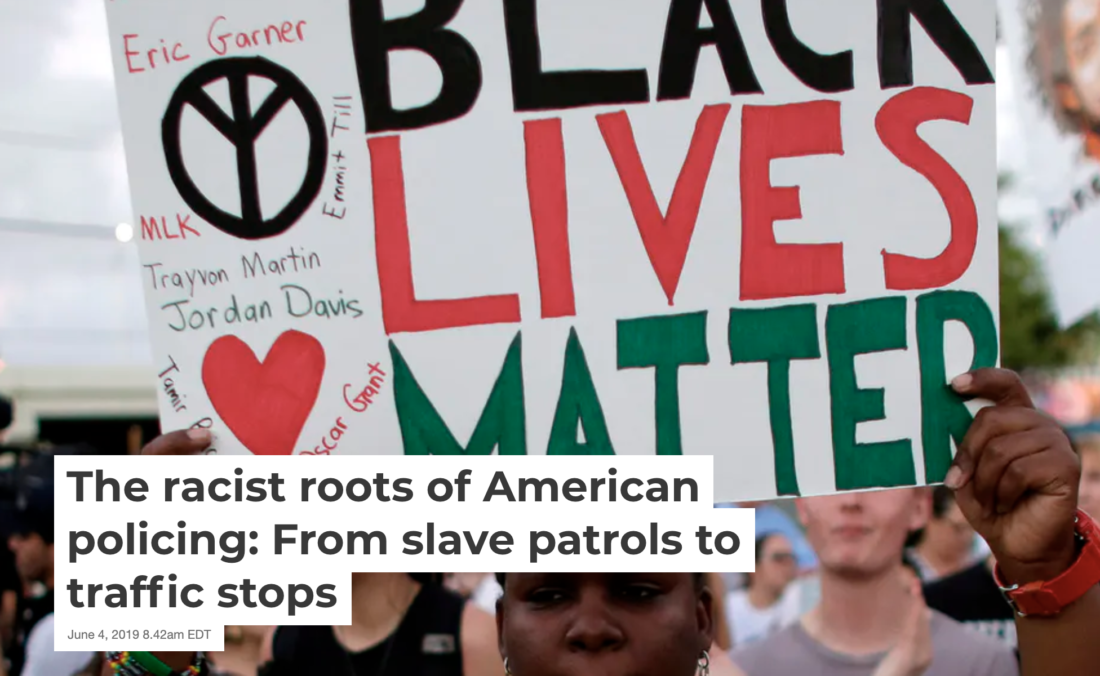
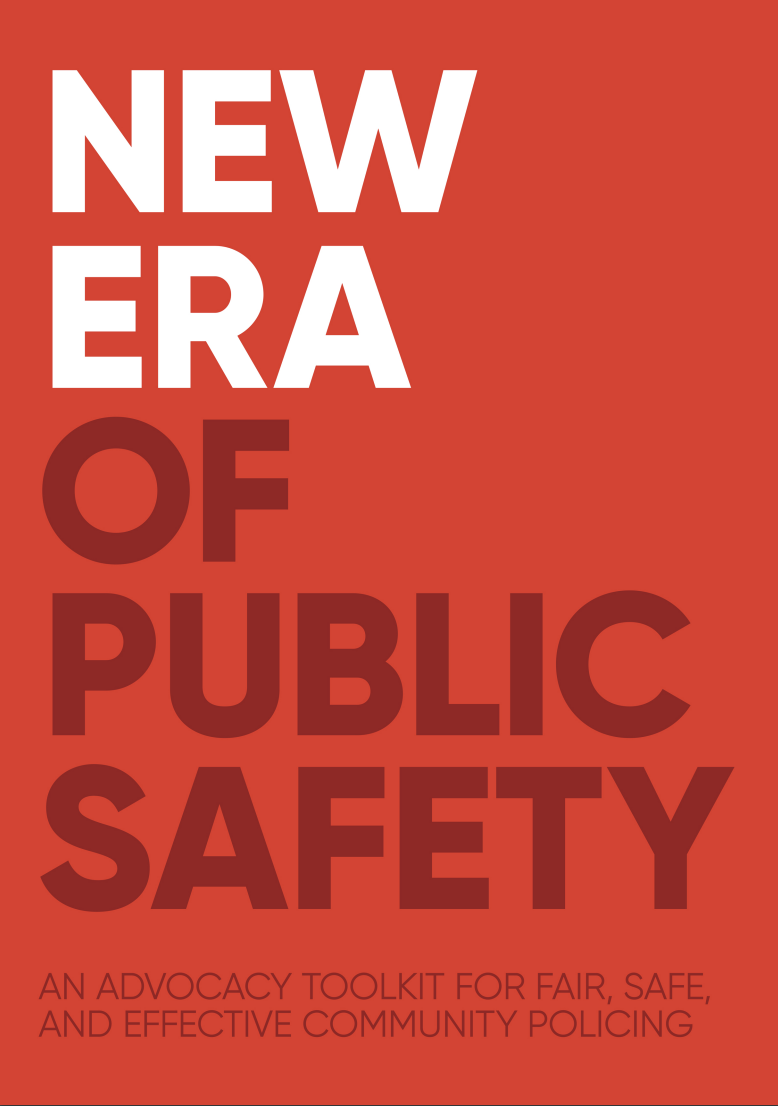
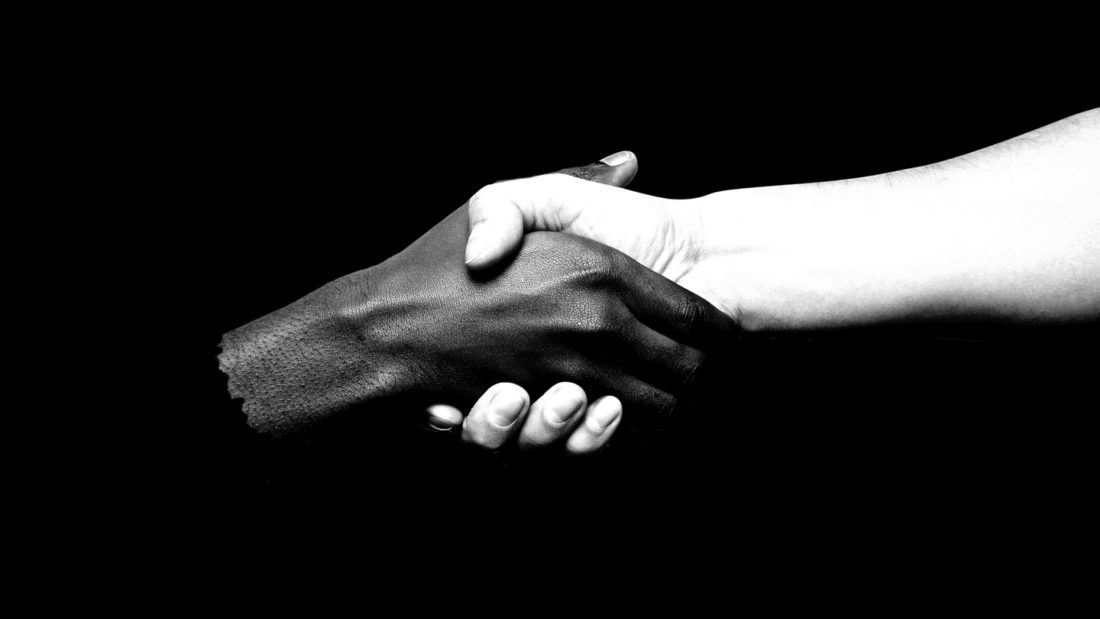
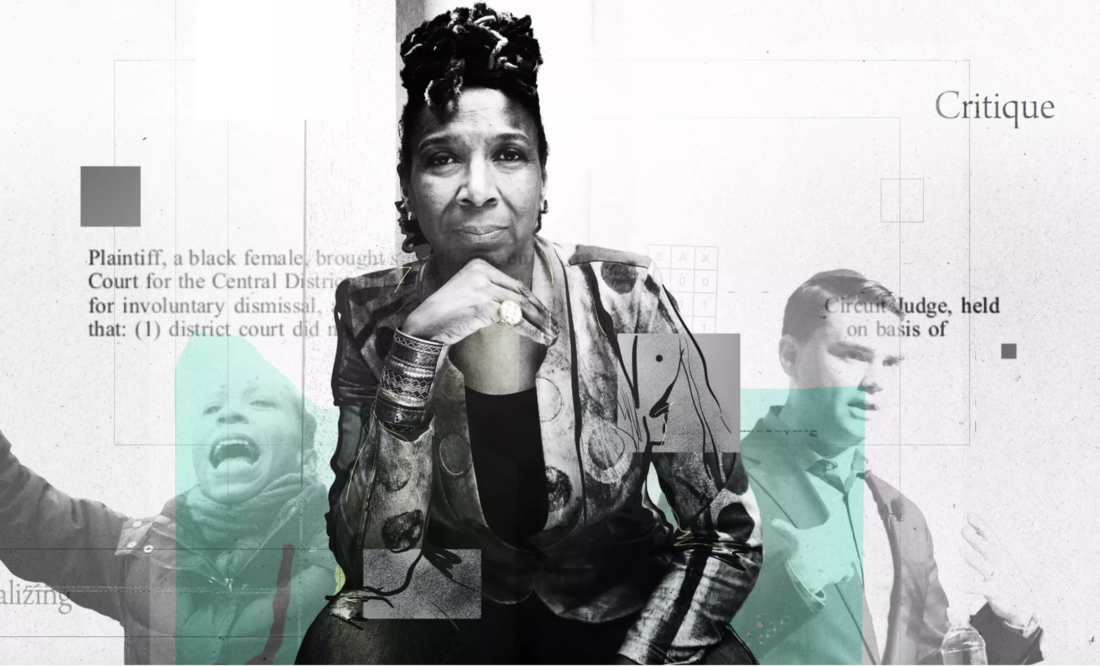
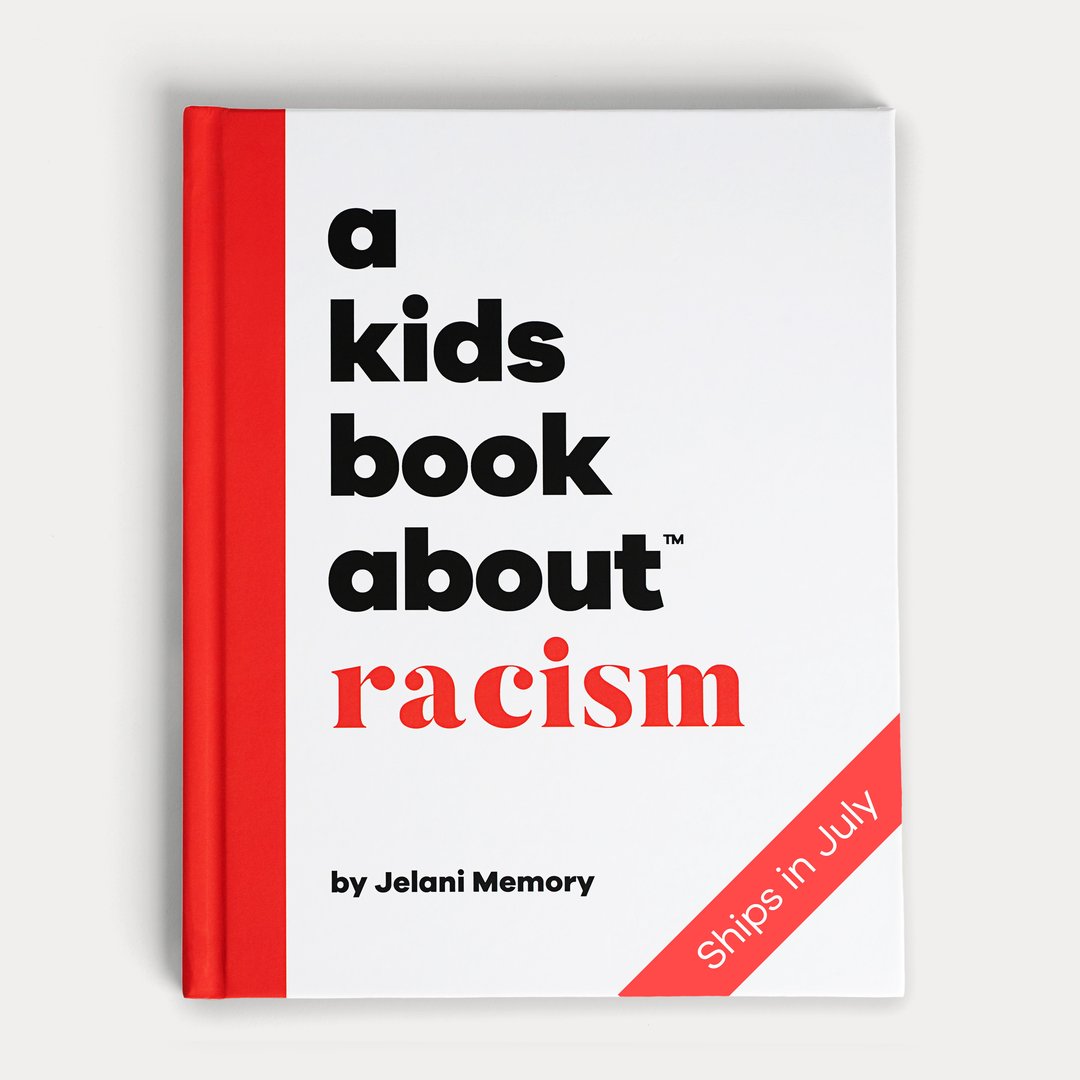
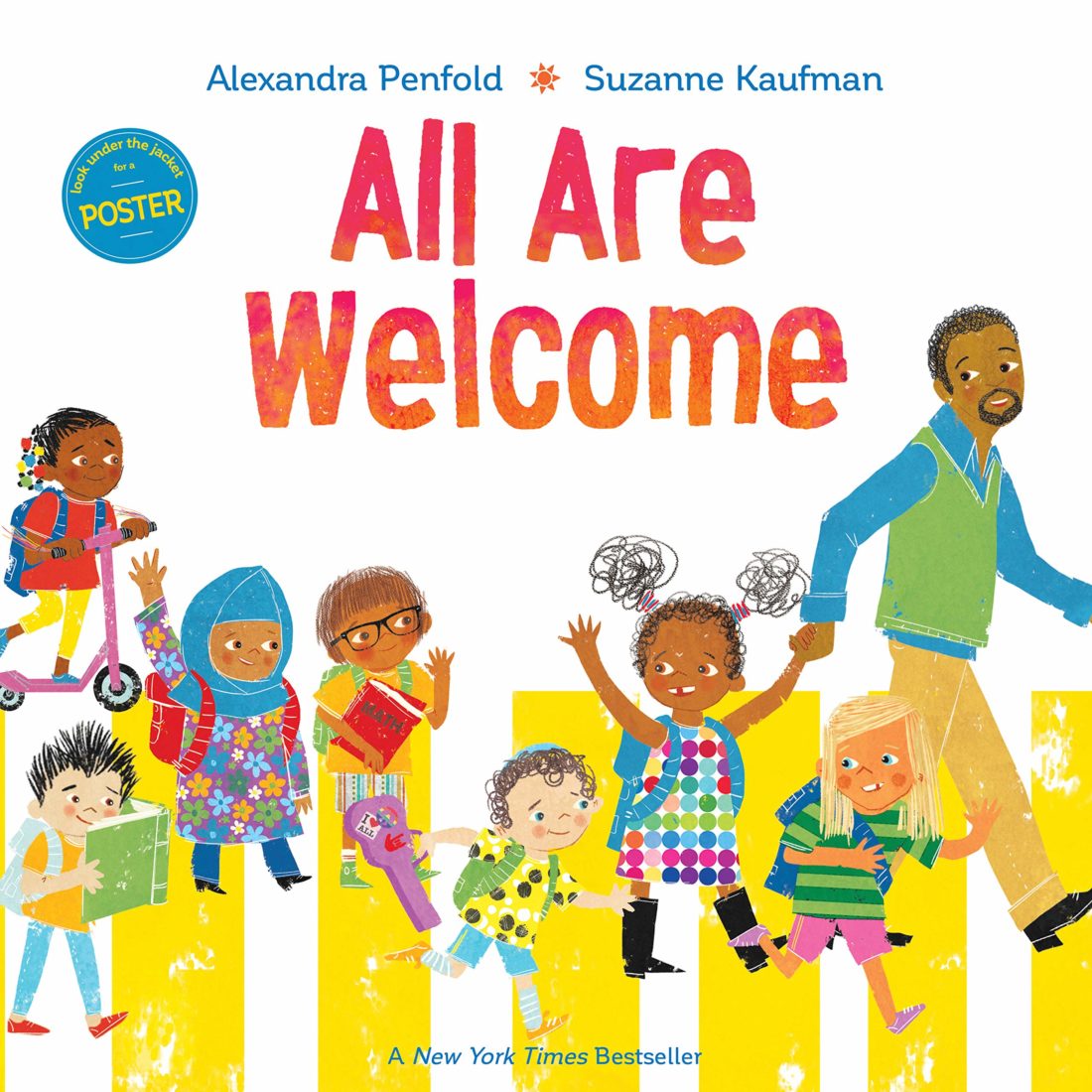
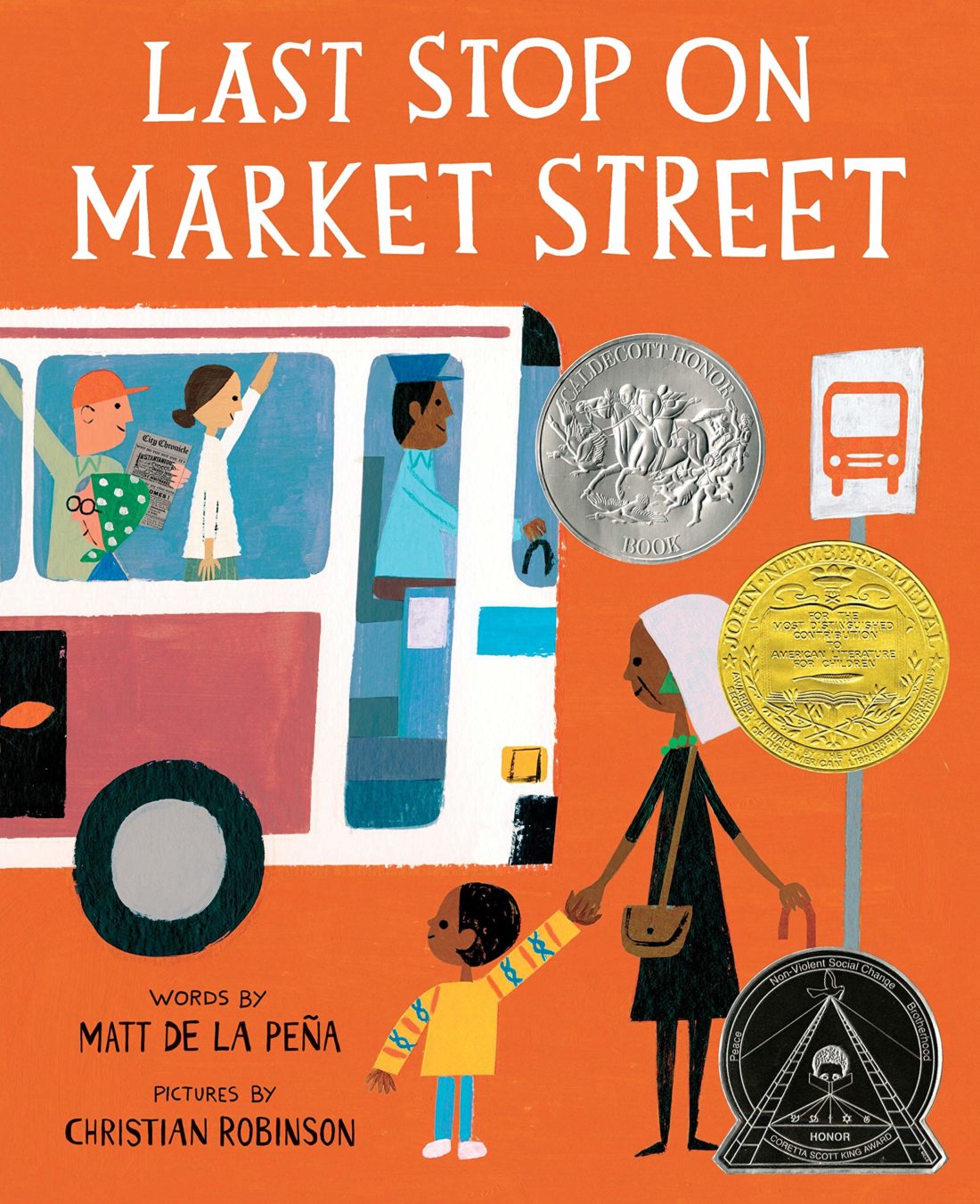
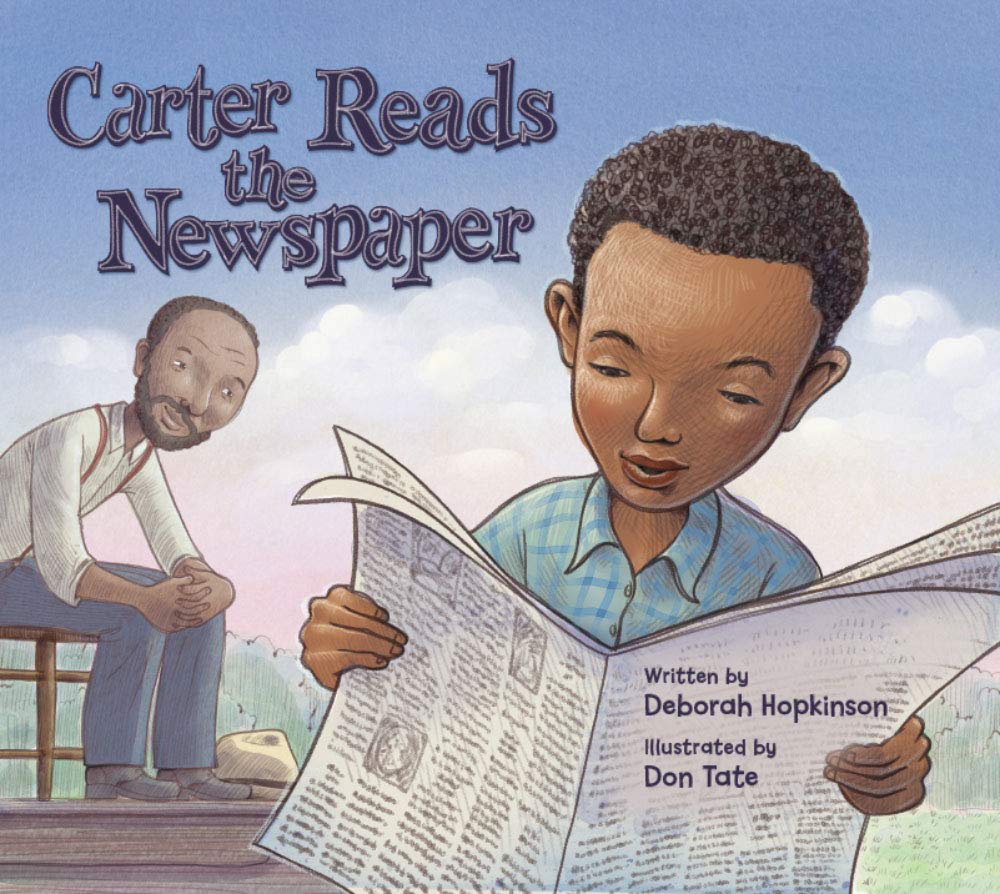
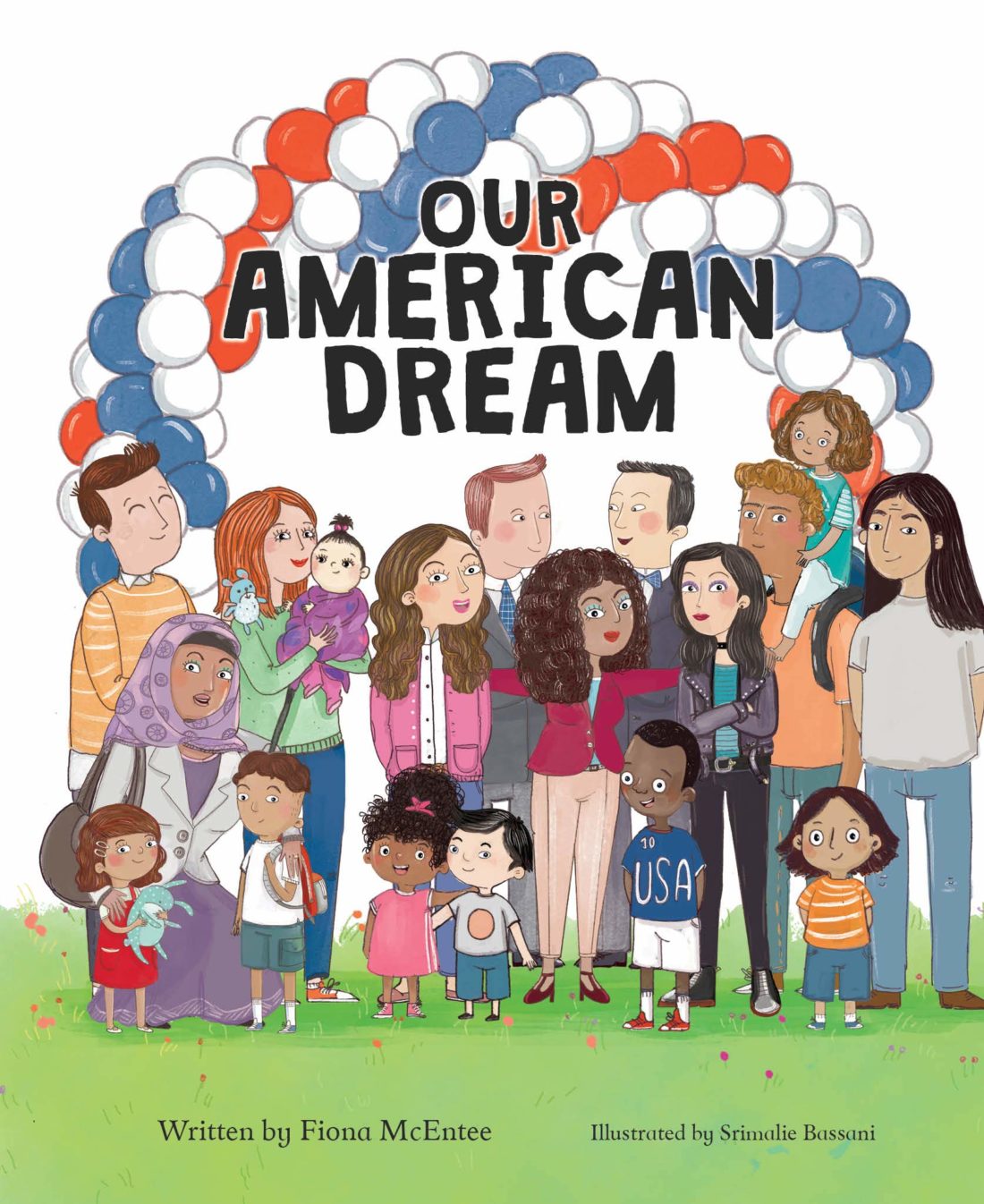
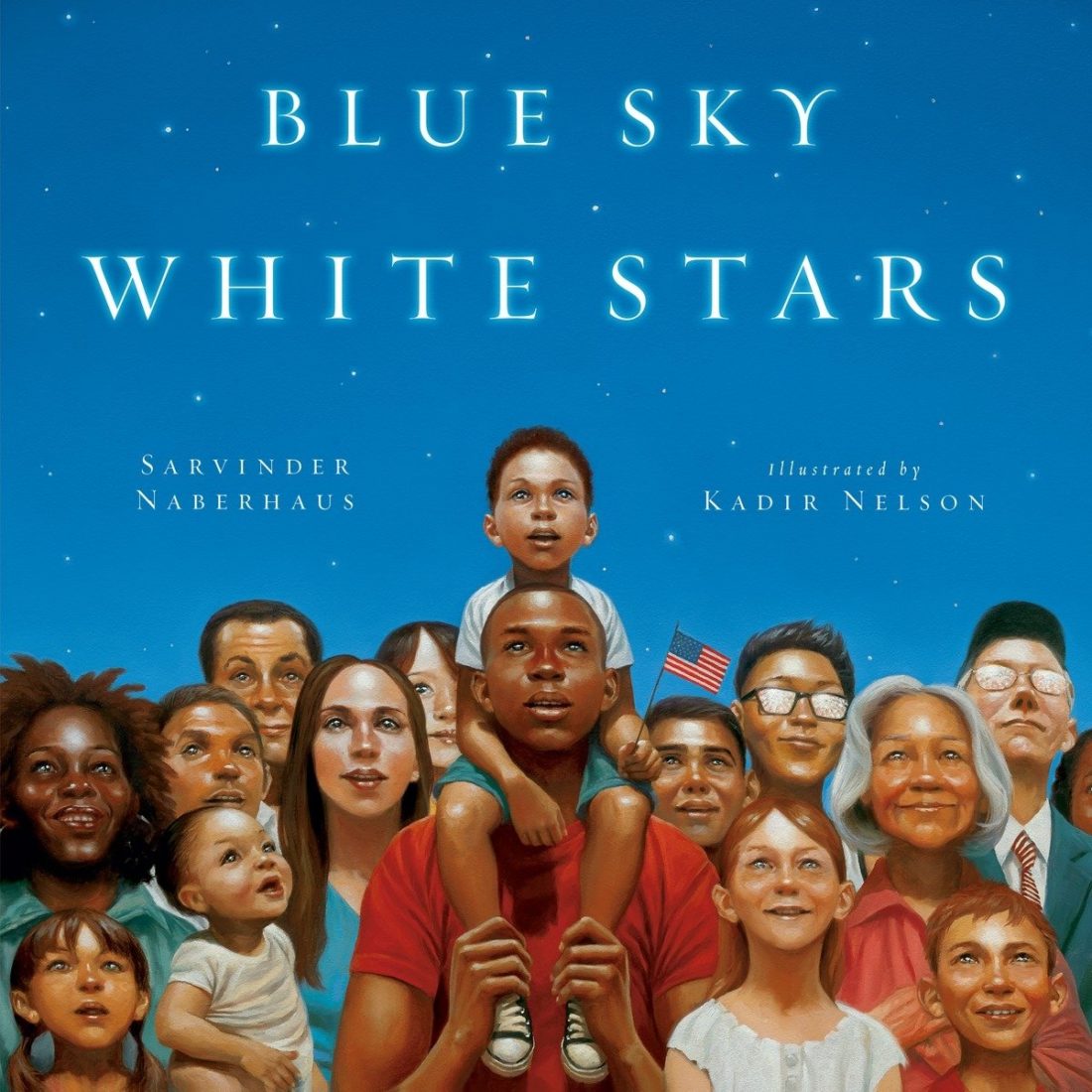
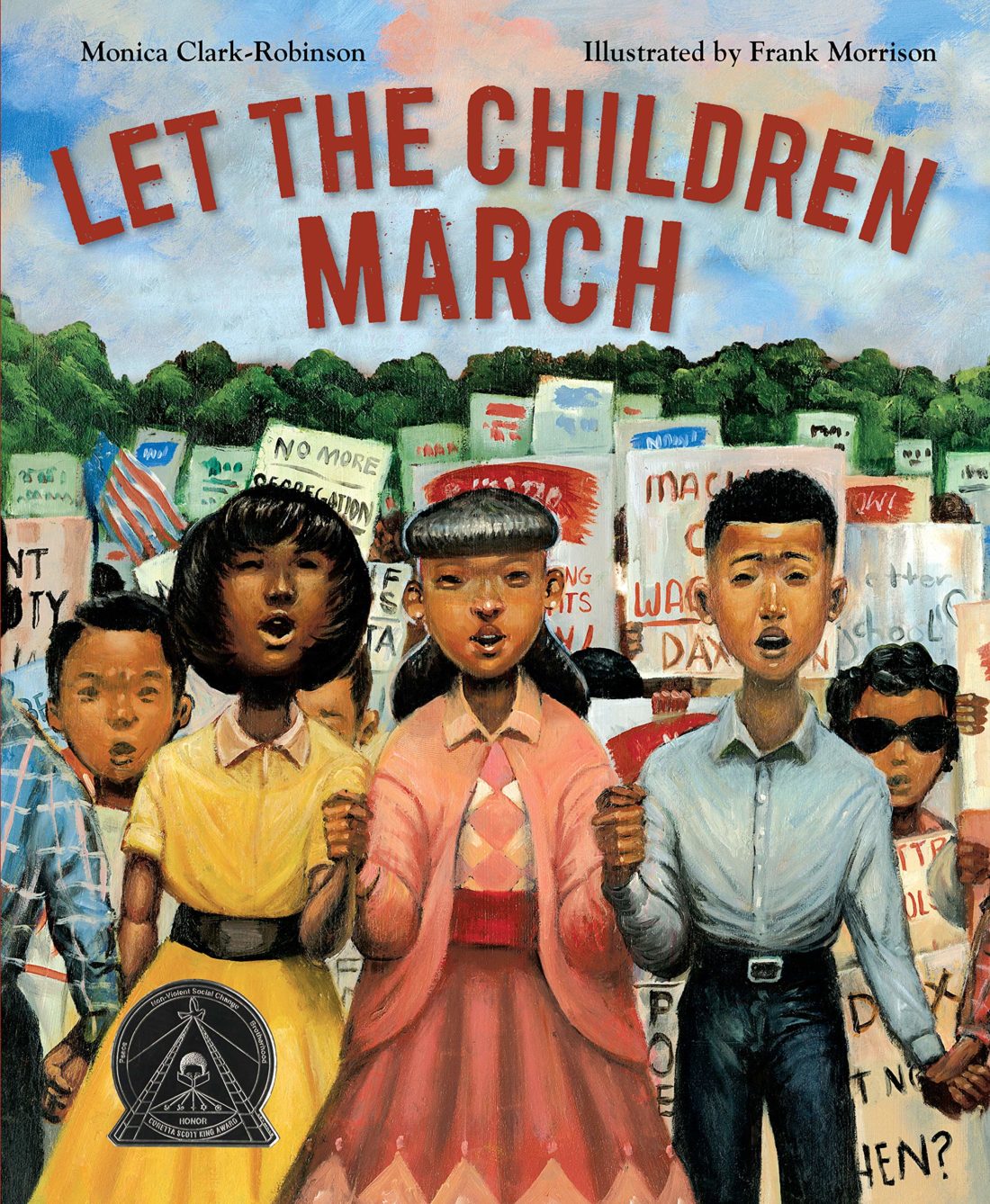

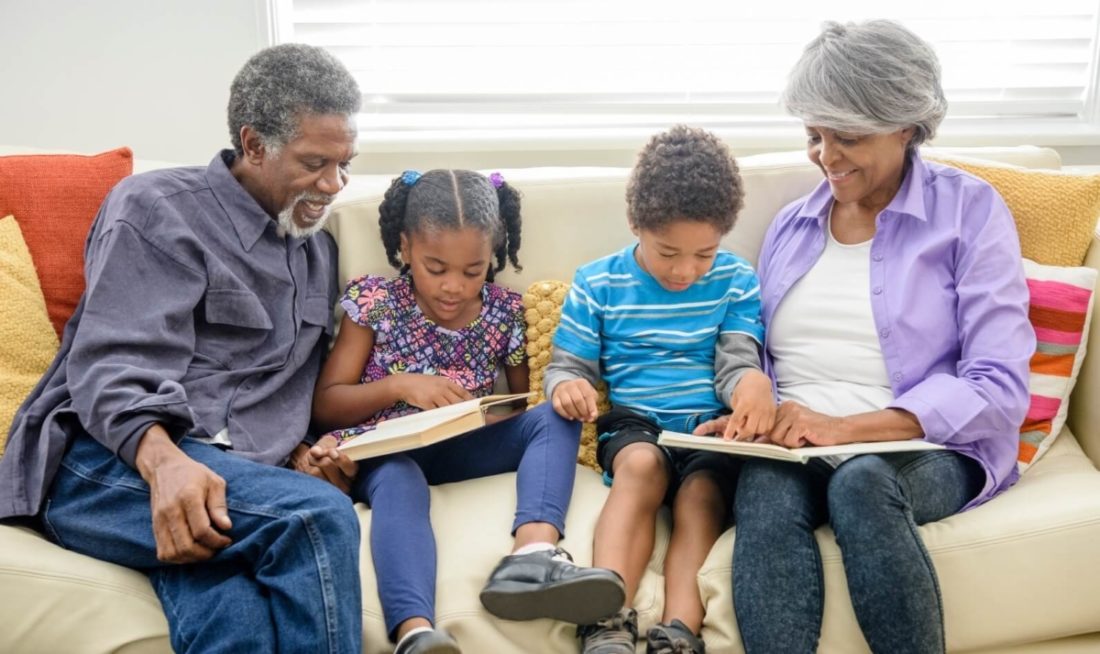
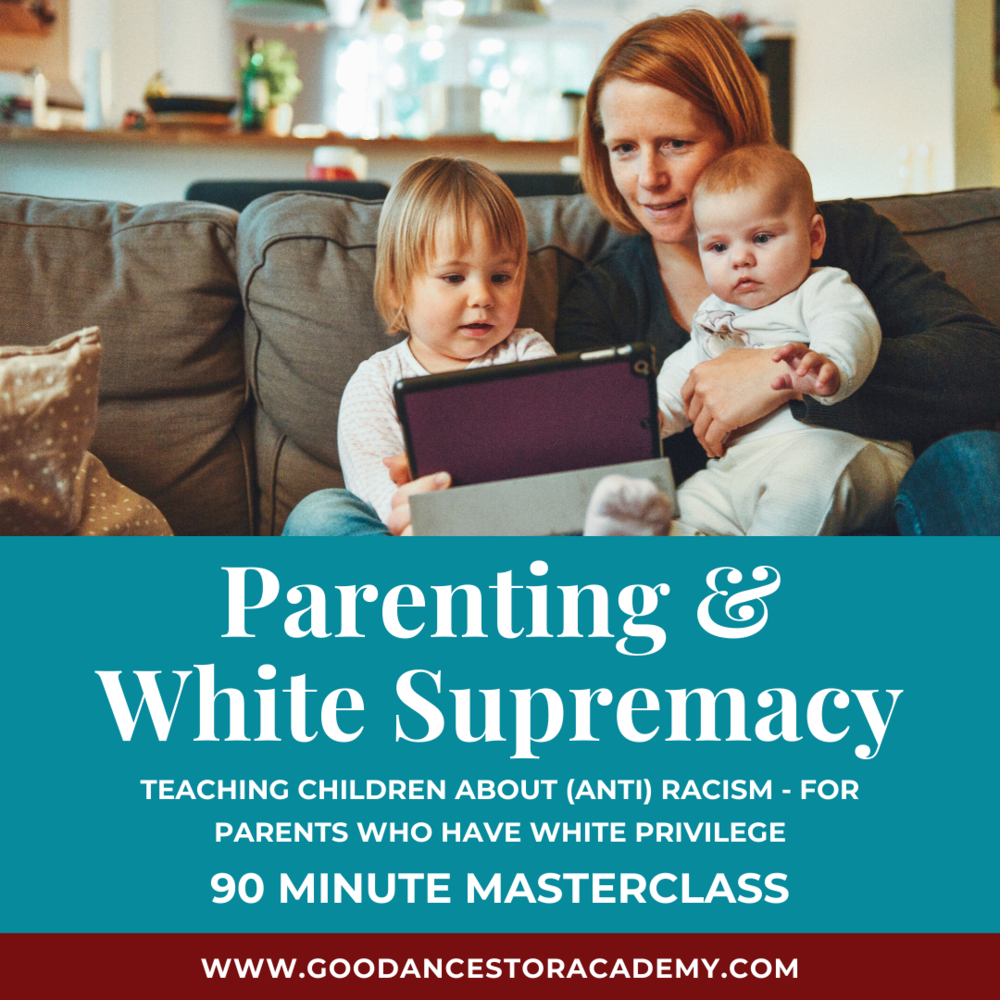
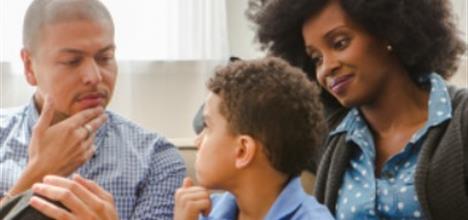



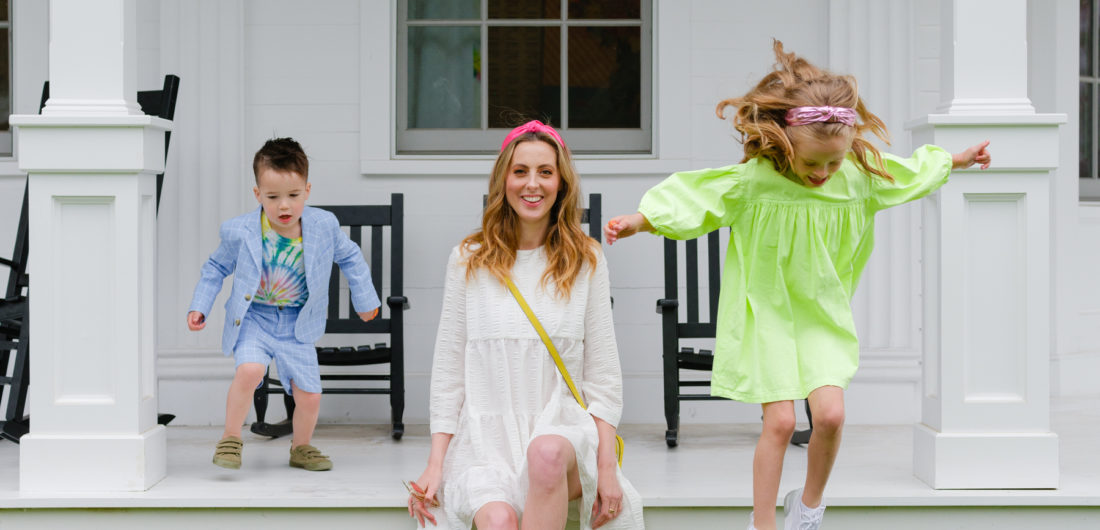
Eva, as a WOC, this post begs the question: how many black friends do you have? I have see not ONE on your blog or IG.
Hi Alexa,
Are you asking for a number of how many black friends I have?
I addressed the whiteness of my friend group here in CT in this post (where I have lived for several years), however, if you do go back to the archives of HEA from when I lived in Los Angeles you will find blog posts that feature some of my friends of color (the ones who feel comfortable being publicly featured). Definitely read those if you like! They’re amazing women.
What you write in your reply to me directly contradicts what you wrote in your post:
“I struggle with this because I would never want to tokenize my black friends, or family members, or actively seek out friends just because they’re POC and would make my IG feed more diverse to assuage the criticism of my “very White feed” (that would be insane).”
Why mention how many POC you were friends with in LA?
You asked me why I don’t have any POC on my blog. So I told you that I do, and if you are interested, you can find it!
Please share what makes you feel uncomfortable in this process of learning and change because you can help others identify similar feelings and address behaviors in their lives that foster inequity.Many people who would never express racist opinions still act as they are separated from the black community and would not easily hire, work with, befriend, marry or vote for a black person.Unfortunately it is not only a matter of color, it is a also a matter of poor and rich.It is complicated and that’s why it is so difficult.Poor black people are the true victims of racism, they are made to feel less than while wealthy and educated black people I am sure dont have such problems to the same extent.People who donate are usually wealthy and I guess they would never ever have any kind of equal relationship with the black people of lower socioeconomical background for whom they donate.Tell me please, as ancient and horrible and whatever it might sound, would you feel inside absolutely comfortable with your sons marrying black girls ?
Hi Mary,
So yes, first of all, I would absolutely be comfortable with my sons marrying black girls (or boys, if that is who they love). I also hope that the work I am now doing to identify and come to terms with my white privilege and educate myself would make any new or old member of my family feel more seen, understood, and loved in a way that is more self aware from me.
The discomfort through this process (so far) has been the embarrassment and shame that I was very unaware of my own position within a framework that I have been criticizing for years. It makes me feel stupid to realize that doing what I was doing was never enough and that I have been contributing to what I see as a very very wrong system. That’s not easy to realize since it goes against my heart and my intentions. But it’s important to realize how we have been hurtful when we have, in my opinion, even if that isn’t comfortable to feel.
It’s even harder to admit to these things in a public way, by writing about them on a blog post. But I am happy to do it because I think it’s a necessary part of the process xx
Eva, thank you for your reply! It is important that you choose to become part of a process that educates and encourages people to step outside their comfort zone and DO something rather than just discussing and fuming about racism.
Hi Eva!
Thank you for all the work and obvious thoughtfulness you are putting into the process of becoming a true ALLY! This past week has truly been painful and horrifying as a POC. I am doing a lot of soul searching and checking my own privilege as I have not struggled in any of the ways that we are seeing so prominently now. It’s a gut punch, for sure. And yet, I feel HOPEFUL. I feel as though we have turned a corner. Real and meaningful change is FINALLY in sight – you can feel it’s electric charge in the air…
It’s never too late for change and to educate yourself. I very much appreciate your vulnerability and transparency in doing so. This is not easy, and nor should it be. I read a wonderful and uplifting true story this evening that truly solidified that for me and will share a link here – please read the entire thread:
https://mobile.twitter.com/KennyDeForest/status/1268288525234876416
Don’t be discouraged on your journey. Keep doing the work and keep pushing forward, despite any negativity and criticism from any direction. Let your past actions or perceived inactions rest in the past – you are part of the solution now. And that is what truly matters.
I wish you and your beautiful children (and future allies!) love, health, and wealth. Best wishes, my friend!
Where did you get this absolutely CRAZY idea that all white people are racist in the U.S. or that systemic racism exists in the U.S. today.As a professor of U.S. History, I must explain that SYSTEMIC RACISM was a govt program implemented by the Nazis in Germany prior to W.W. II. It is a POLITICAL STRATEGY that targets a race FOR ELIMINATION and then systematically MURDERS those people to destroy the race. THERE IS NO SUCH GOVT SYSTEM IN THE U.S. To think so is preposterous and very WRONG! You’re thinking is distorted.
whoopsie sue — your whiteness is showing. To think the US government, or US city’s police have not been molded into eliminating the black race you need to be a better person and history professor…. I truly hope you take the time to look at what is going on in this country and see that there is a systemic issue of race. Live in understand & leave in love.
Is this what discussion has come to? First pointing out somebody’s colour to devalue what they have to say? Where have we seen that before I wonder. There’s no denying that there’s corruption and bias in the world, but if you really think that there’s a systemic attempt to eliminate black race in the US, perhaps you should read some statistics and listen to black people who don’t share this world view. There are plenty. You’re really making it seem like the US is the new Nazi Germany.
I’m linking some different viewpoints on systemic racism from black people to illustrate this is not as straightforward as it’s often presented:
Coleman Hughes https://www.youtube.com/watch?v=HBWJC7LWq7I
Jackhary Jackson https://www.youtube.com/watch?v=u2ARJdlvowk
Brandon Tatum https://www.youtube.com/watch?v=88-dV9K_cHE
John McWhorter, Glenn Loury https://www.youtube.com/watch?v=9DKLuANQ4QQ
Hi Sue,
I highly recommend you watch the Ava DuVernay documentary The 13th. I’m linking it here.
I believe in lifting and helping black people in this country and getting rid of injustices and unfairness. I believe that what happened to George Floyd was wrong and never, ever should have happened. But, I will not lift him up as a martyr and a hero. I won’t wear a shirt and celebrate him. He has a rap sheet a mile long, he and 5 other black men broke into the house of a pregnant black woman under the guise of being employees of a local company and then held a gun to her stomach and threatened to kill her baby and her if she moved. He was high on meth and other substances when he used counterfeit bills to purchase goods when he was arrested. He should have been arrested, but not abused and killed. Is he a good person? No. Is he a martyr and a hero? No. Is he a man that should be the face of a civil rights movement for all black people? NO. Let’s lift our black brothers and sister up and call for fairness because we should. Not in the name of someone who is a violent criminal. When I see injustice of black people, I will use my white privilege to speak up and level the playing field. I protest, I support, I contribute to the cause. But George Floyd was not a good man. He’s not a martyr and he’s not a hero.
Everyone, go watch Candace Owens video on George Floyd. The facts, and the real problems need to be heard.
Thank you for this! Well researched, well written and appreciated.
Thank you for this syllabus. It shows that you put a lot of time and care into compiling this “list”. It’s a great place for me to start and I will continue to visit this page to look for resources to deepen my knowledge and understanding.
Dear Eva,
I admire your hard work and how you’re trying to be helpful on so many issues, raise awareness. I find your blog extremely helpful and regularly visit for inspiration. For the past months I’ve been following the movement that’s unfolding in the US. I live in Finland, but I grew up in communist Czechoslovakia.
It’s surreal to watch the cases of police brutality because both in Finland and the Czech Republic the police use force as the last resource. They’re not as armed and their training focuses mostly on peaceful response, whereas in the US it seems to be the opposite. I can’t help but think that the fact that in both countries (CZ, FIN) getting very accessible healthcare and education without accumulating huge debt makes a big difference in society as a whole. Of course I’m aware of the very different historical background.
What’s been baffling to me how the narrative around police brutality and related racism has changed. It seems to be getting pretty divisive. For example I can’t really grasp why the term white supremacy is now being used to describe all whites, when previously it was reserved for groups supporting ultranationalist or fascist doctrines. I don’t find it helping the civic discourse. It shuts people down.
Also the idea that if a white person has something to say about racism, it’s used as a proof. Then it seems ironic that books like White Fragility are subtitled Why it’s so hard for white people to talk about racism. Actually it’s not hard, it’s only shut down very quickly if you don’t talk about it in a certain manner. Almost any reaction is viewed as confirmation of bias. It’s like a circular trap.
So on one hand we hear about the need to have difficult conversations and on the other it’s basically “shut up, you white racist, check your privilege” etc. We’re resurrecting the idea of original sin and making broad generalizations about people based purely on their colour or other immutable characteristics. Everything is viewed through the lens of race and we’re told to look for it within endlessly and if we cannot find it, we just must look deeper. It almost seems as if some people want us to be racist or that the US is the worst country to live in. I don’t know why so many immigrants and refugees would like to enter such a place.
Then comes the never-ending shame for whatever history our colour happens to be part of as if there were no other cultures engaging in slavery for hundreds of years. Collective guilt/guilt by association everywhere you look.
Humans are flawed for sure, we have prejudices and there is inequality in the world. Humans are also complex and our relationships and interactions are not defined purely by race and power.
I’m wondering how you’ve personally oppressed your family and friends. I’ve noticed that the word oppression is being used so loosely nowadays to the point where it is so vague its original meaning is lost. Throughout history the term has been used to express prolonged cruel or unjust treatment or exercise of authority, subjugating by cruelty or force. Now when you google oppression it’s paired with agism, ableism, even heterosexism, adultism.
When these terms that people used to almost intuitively understand become so broad and vague, it doesn’t help. It just confuses and discourages people, including people who’ve been on the same side all along.
I understand the sense of urgency in the light of police brutality events that have plagued the US for a long time. There’s definitely a need to reform the police force and perhaps also the justice system.
It’s become clear however that this movement is no longer about the original issues. A lot of the talk about dismantling, deplatforming, cancelling, removing, shutting down, erasing history seems to people from former Eastern block very familiar and unfortunately very totalitarian.
You must confess white guilt to prove your innocence and allyship. The socialist experiments of the past were all done in the name of equity and better world for everyone. Somehow despite their initial appeal and horrendous/murderous failures they still pop up in various forms. The endless talk of oppression, hierarchy and how all needs to be dismantled is very reminiscent of these ideologies. History books were rewritten and definitions redefined in the name of justice, kind of like we see today.
Racism is being redefined so broadly that you can really see it everywhere and it leads to viewing everything through a very depressing and narrow perspective. Is it helpful that we’re all suspicious of each other, pointing out colour as if it defined everything about us? I think we’ve come a long way and live in very liberal and tolerant societies and we should recognize that there’s been immense progress.
Anyway, I think it’s worth being alert so that this originally noble cause doesn’t turn our societies into some Orwellian nightmare. We need to be able to have diverse opinions, thoughts and ongoing dialogue because when dialogue stops, violence creeps in. If we can keep talking openly without public shaming, labelling and silencing different opinions, there’s hope.